Gastropod
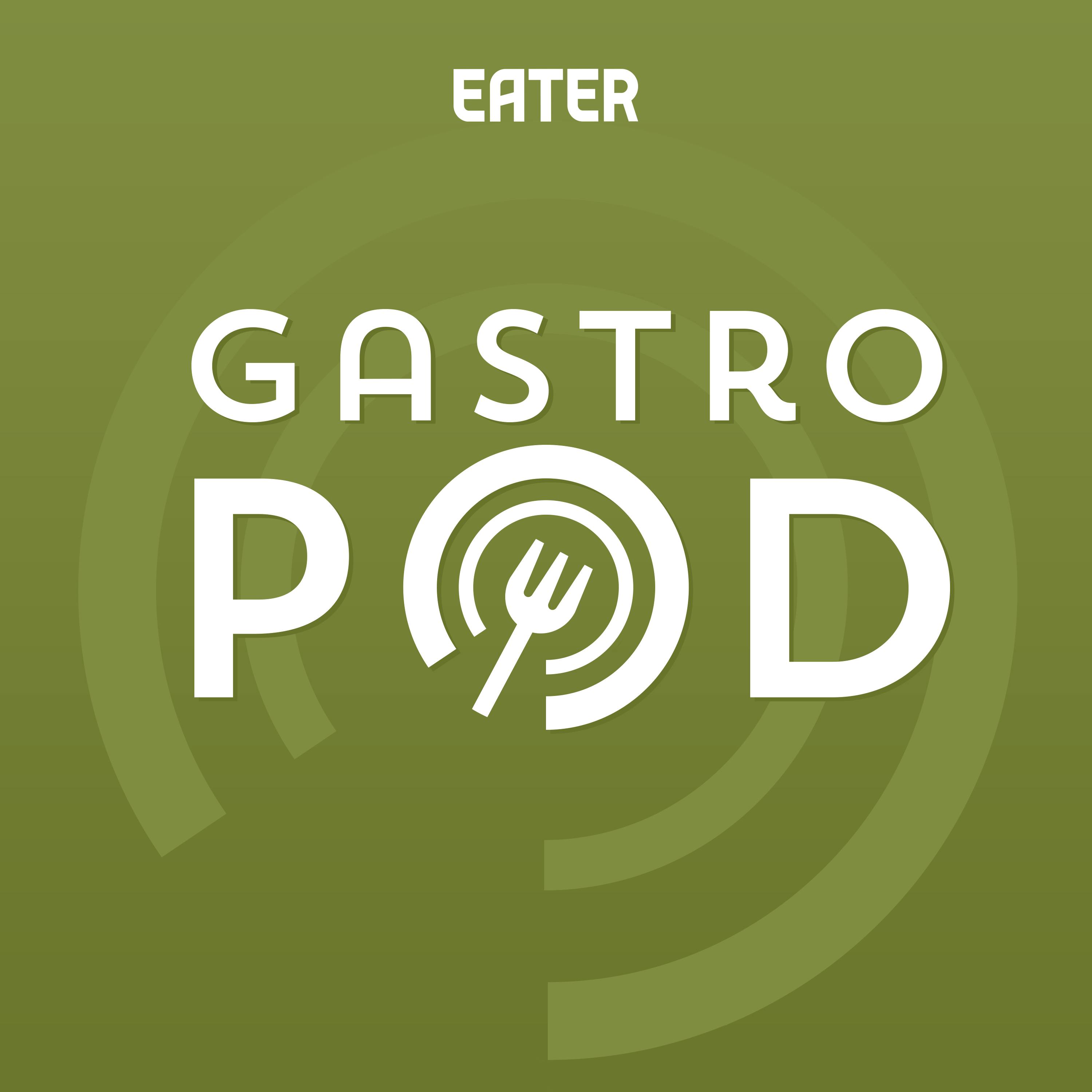
Arts
Cynthia Graber and Nicola Twilley
Food with a side of science and history. Every other week, co-hosts Cynthia Graber and Nicola Twilley serve up a brand new episode exploring the hidden history and surprising science behind a different food- or farming-related topic, from aquaculture to ancient feasts, from cutlery to chile peppers, and from microbes to Malbec. We interview experts, visit labs, fields, and archaeological digs, and generally have lots of fun while discovering new ways to think about and understand the world through food. Find us online at gastropod.com, follow us on Twitter @gastropodcast, and like us on Facebook at facebook.com/gastropodcast.
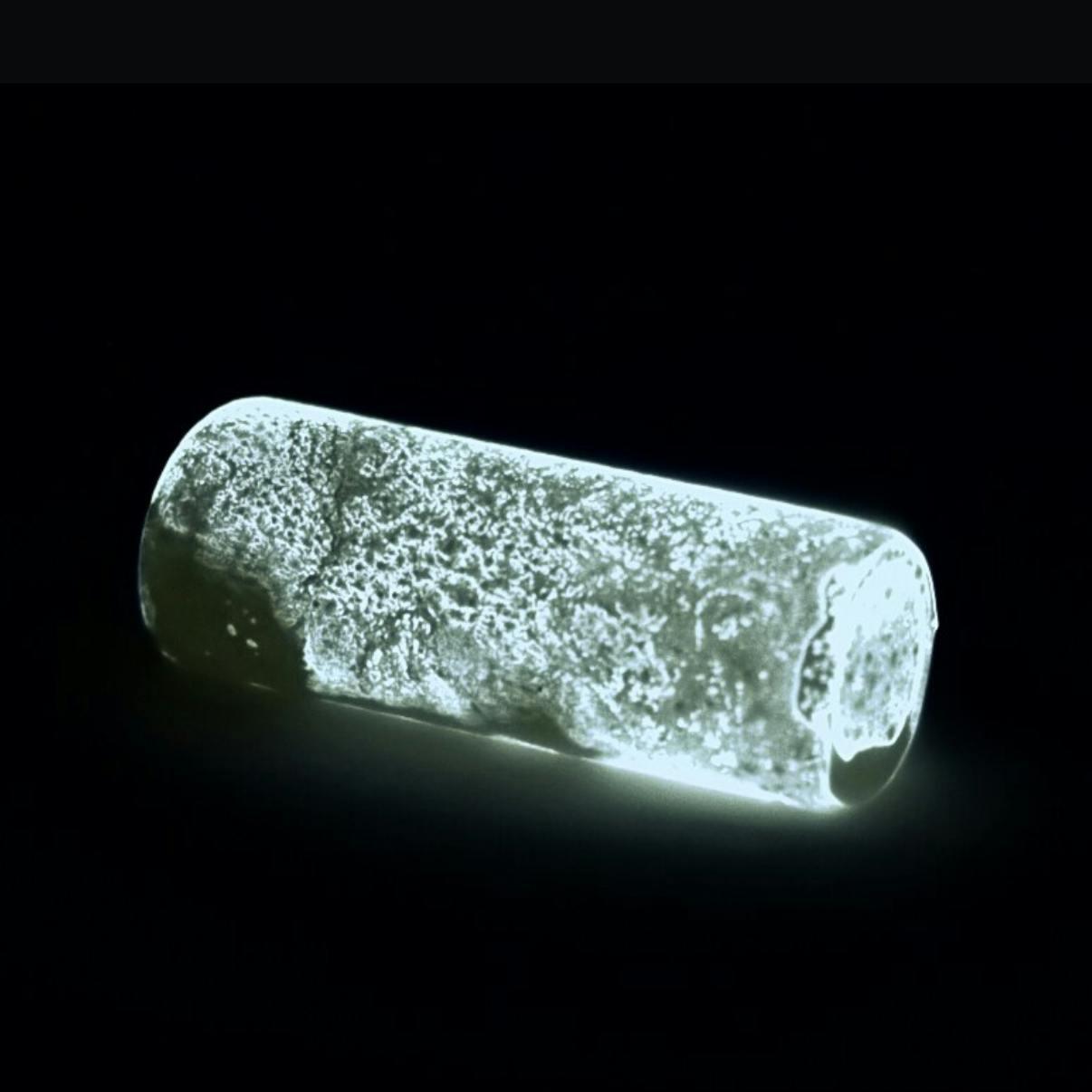
What Connects Bones, Bird Poop, and Toxic Green Slime? Hint: Without It, Half of Us Wouldn't Be Alive Today
It’s the 13th element on the periodic table, it glows in the dark, and it spontaneously combusts if it gets any hotter than 80 degrees Fahrenheit; little surprise, then, that phosphorus is known as “the devil’s element.” But this satanic substance is also essential to all life on earth, which is why it's a key ingredient in fertilizer—without which, researchers estimate, we could only grow enough food for half as many humans as are alive today. The incredible crop-growing powers of phosphorus have led humans to do some pretty extreme things to get it—from seizing Pacific islands to scavenging bones from Europe’s most famous battlefields—but they’ve also created a devilish paradox. The world is running out of phosphorus, and yet there’s way too much of it running off farm fields into rivers, lakes, and oceans, where it fuels toxic algae blooms. This episode, we've got the story behind the phosphorus paradox, as we ask: is there any way to fertilize the planet without sending it to hell?
Learn more about your ad choices. Visit podcastchoices.com/adchoices
46:1825/04/2023
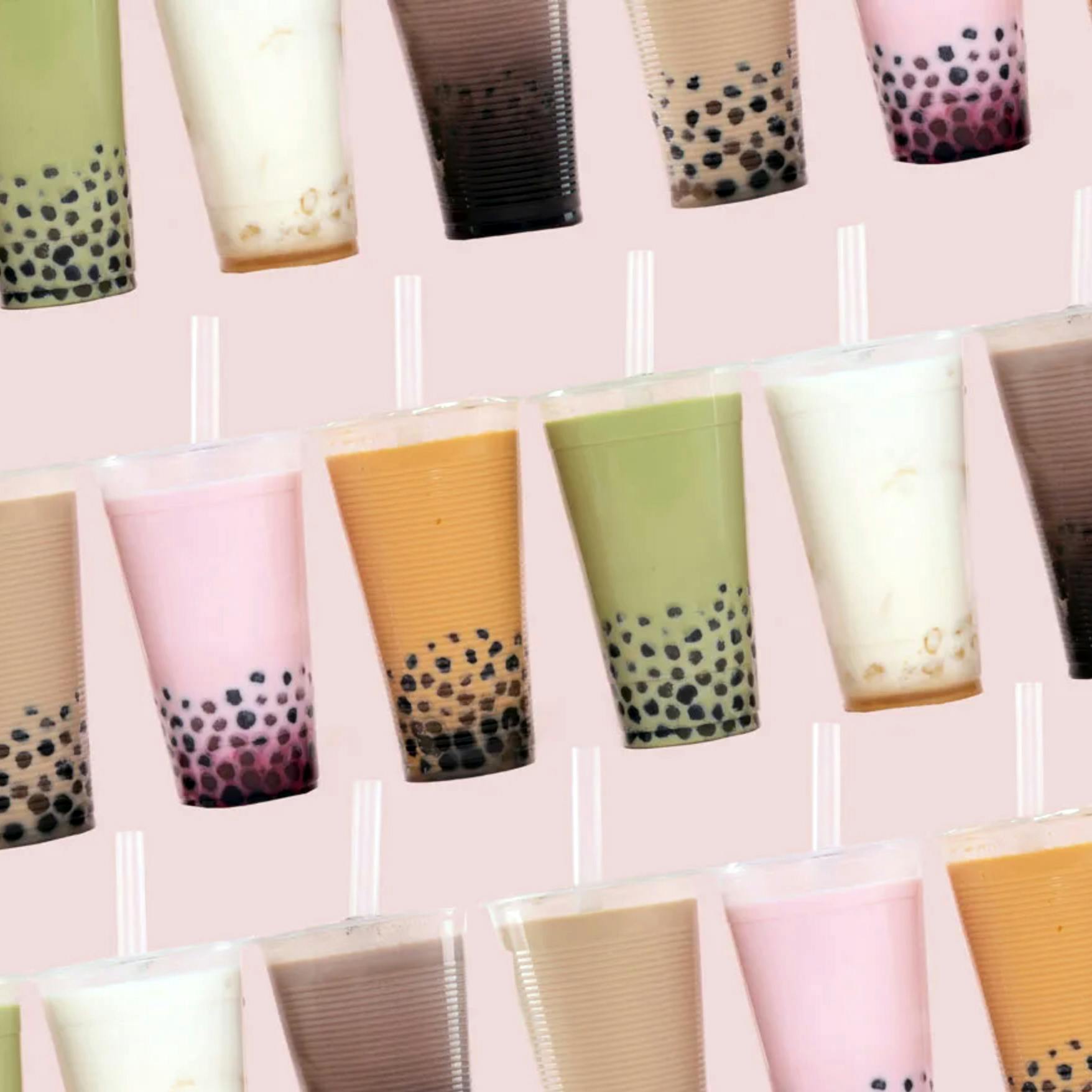
All the Feels: How Texture Makes Taste
The squish of bananas, the squeak of mushrooms, the pop of a grape: for some people, these textures are a delight—but for others, they’re a total nightmare. Texture plays a huge role in how we experience food, and yet it’s kind of a scientific conundrum. Why do people—and entire cultures—experience the feeling of food differently, and what’s going on in our mouths when we do? To find out, we talk to scientists who've experimented with tooth-mounted microphones, tongue twists modeled after pro swimmers, and all-you-can-eat buffets. Plus, we go on a New York City Q adventure (mochi doughnuts and boba tea!), and hear from lots of you listeners about the feelings that make you squirm and swoon. Join us this episode and get up in your mouthfeels.
Learn more about your ad choices. Visit podcastchoices.com/adchoices
52:0711/04/2023
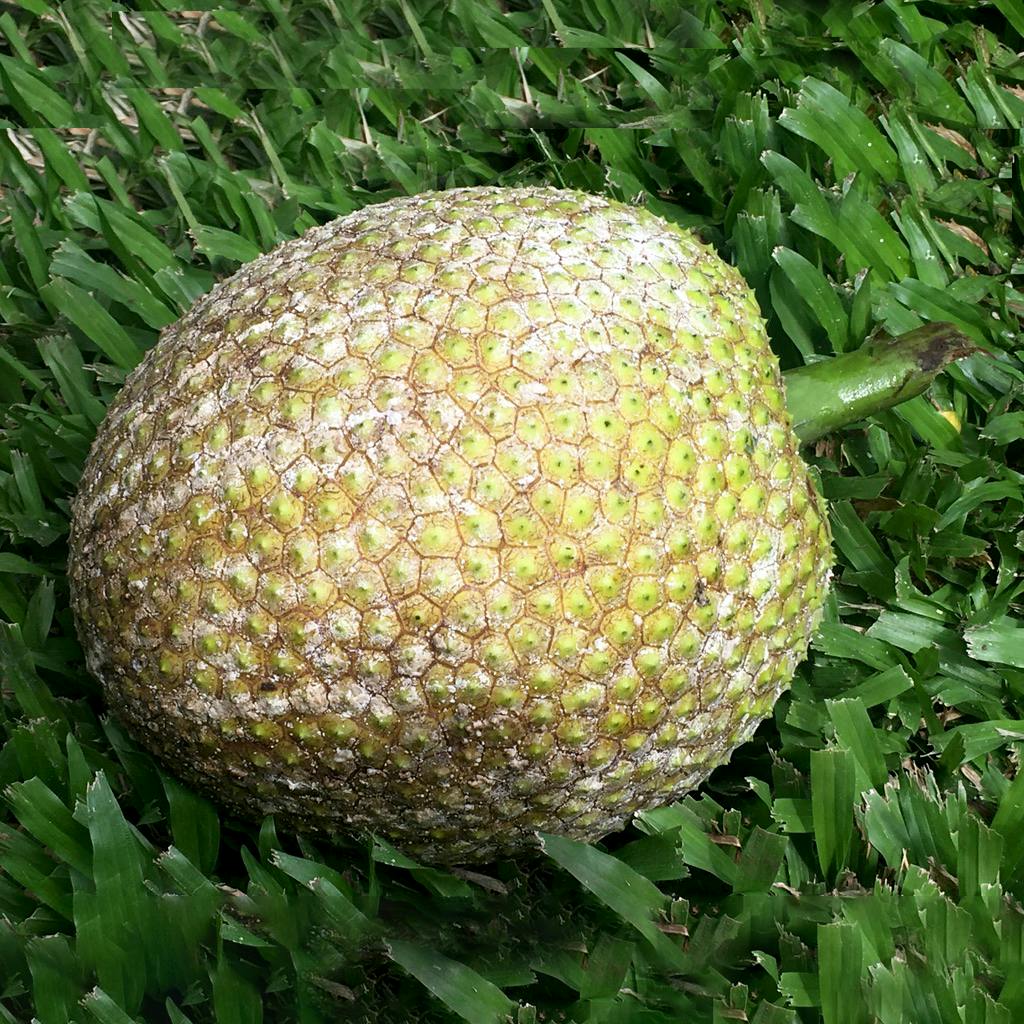
The Fruit that Could Save the World
Can bread really grow on trees? This episode, meet the all-star, super productive, low-maintenance, gluten-free carbohydrate of the future. Did we mention it's also delicious? How can one fruit—that's also a vegetable and a staple starch—become chips, crackers, and cheesecake, while also serving as the perfect platform for sour cream and cheese when baked like a potato? And, if it's so great, why in the world did the mutineers on HMS Bounty throw its seedlings overboard? Today, believers say this one tree could be a potential solution to climate change, deforestation, food insecurity, and world hunger. Join us as we taste this wonder fruit for ourselves, and find out whether the hype is real. Can breadfruit really help save the world?
Learn more about your ad choices. Visit podcastchoices.com/adchoices
38:5828/03/2023
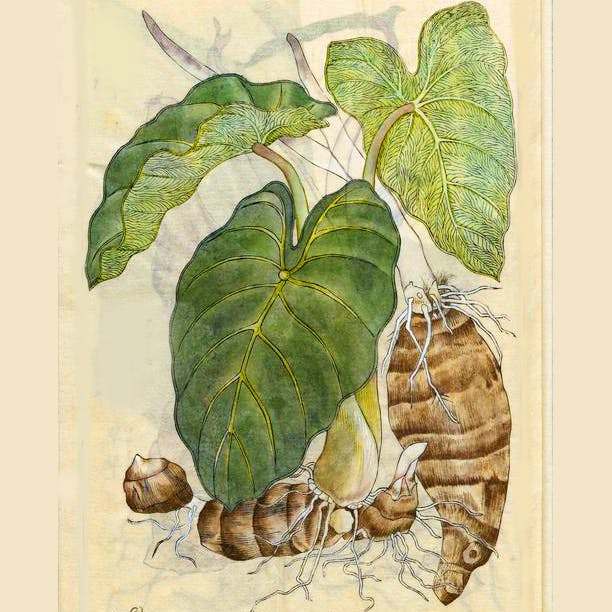
Meet Taro, the Poke Bowl's Missing Secret Ingredient
When Polynesians first arrived in Hawai'i some 1,500 years ago, they found islands that were lush, beautiful...and nearly devoid of anything to eat. Luckily, those sailors had packed a very special snack for their 2,500-mile voyage: a starchy, carbohydrate-rich root called taro, which ended up becoming as essential to the isolated Pacific archipelago as rice or wheat elsewhere. It was the original partner to cubed fish in Hawai'i's traditional poke bowl—which today has become super popular (minus the taro) around the world. Join us on a tropical adventure as we discover why this revered plant nearly died out on Hawai'i, even as it popped up in chip form at Whole Foods, and what it might take to bring it back.
Learn more about your ad choices. Visit podcastchoices.com/adchoices
42:3214/03/2023

Always Coca-Cola: Coca, Kola, and the *Real* Secret Formula
Coca-Cola's red and white logo is so iconic that supposedly nine out of every ten people on Earth know it on sight. Nearly two billion servings of Coke are sold a day, enough for one out of every four people on the planet. Yet while a glimpse of a billboard or bottle might start you humming one of their catchy jingles, this legendary brand was actually created by a morphine-addicted, down-on-his-luck pharmacist desperate for a big break. In fact, the first Coca-Cola product was actually a knockoff of the Pope's favorite drink, a concoction featuring red wine and cocaine. So how did Coke transcend its dubious origins to become one of the world’s biggest companies, not to mention a globally recognized symbol of all things American? It’s a story that involves Sigmund Freud, US military assistance, international drug treaty loopholes, and a New Jersey facility that extracts and burns piles of cocaine (yes, really, cocaine!) just miles from Manhattan. Gastropod’s here with Coca-Cola’s real secret formula for success, and we didn’t even need to break into their vault to get it.
Learn more about your ad choices. Visit podcastchoices.com/adchoices
48:4028/02/2023
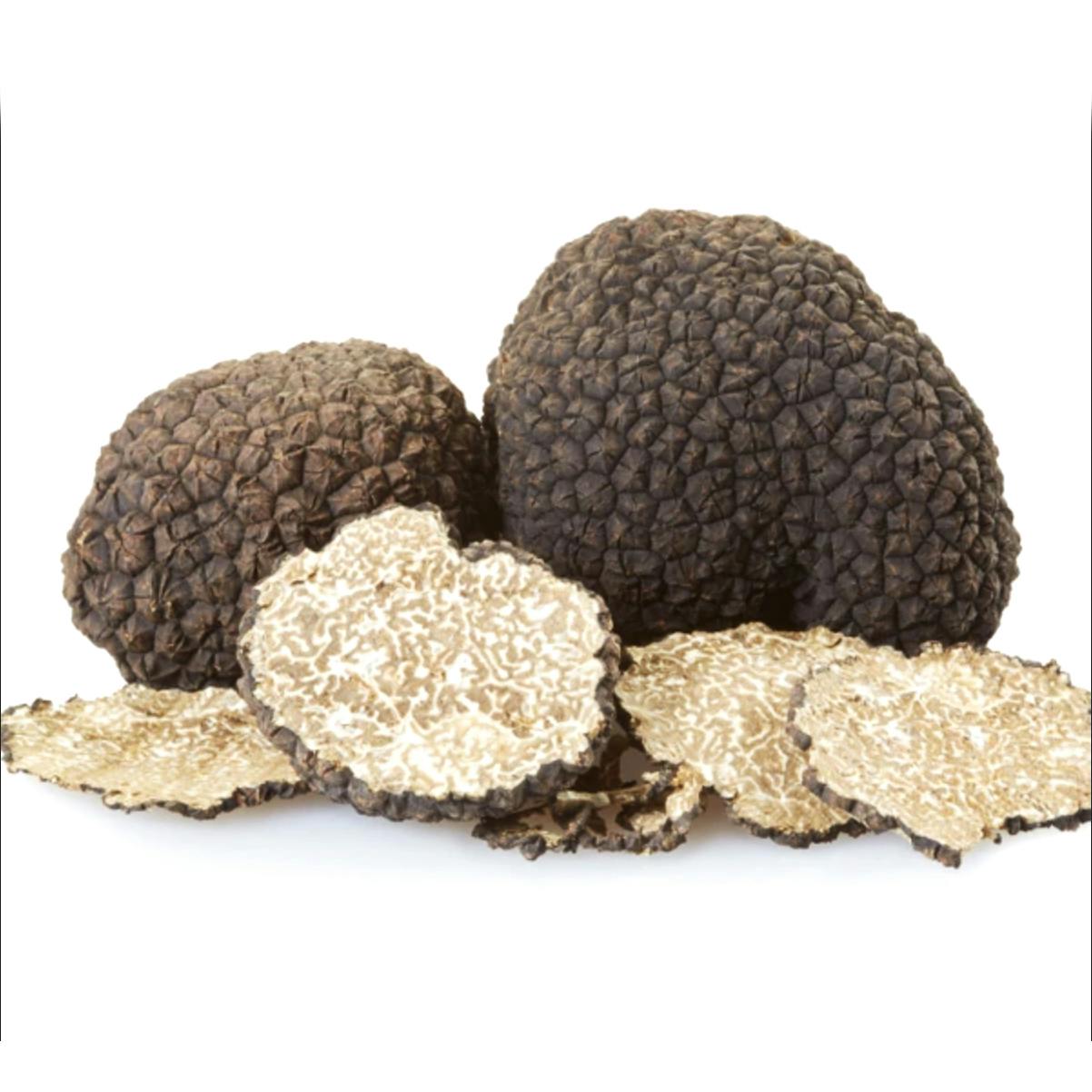
Here Comes Truffle
This episode, join us on a hunt for buried treasure at a super-secret location in North Carolina. We follow a million-dollar dog wearing adorable slippers, and then get down on our knees, butts in the air and noses in the dirt, on the trail of a fungus that drives both pigs and people wild. The smell's been described many different ways—cheesy, earthy, garlicky, even sweaty—but there’s only one thing in nature that can make it: truffles. So, how did this knobbly, brown, potato-shaped fungus come to be one of the world's most expensive foods—and is there any science behind its reputation as an aphrodisiac? Listen in this episode as we get down and dirty hunting truffles, exposing truffle fraud, and getting the scoop on one of the world's oldest and most equal partnerships. Just what you wanted for Valentine’s Day!
Learn more about your ad choices. Visit podcastchoices.com/adchoices
51:0914/02/2023

Museums and the Mafia: The Secret History of Citrus (encore)
A slice of lime in your cocktail, a lunchbox clementine, or a glass of OJ at breakfast: citrus is so common today that most of us have at least one lurking on the kitchen counter or in the back of the fridge. But don't be fooled: not only were these fruits so precious that they inspired both museums and the Mafia, they are also under attack by an incurable immune disease that is decimating citrus harvests around the world. Join us on a historical and scientific adventure, starting with a visit to the ark of citrus—a magical grove in California that contains hundreds of varieties you've never heard of, from the rose-scented yellow goo of a bael fruit to the Pop Rocks-sensation of a caviar lime. You'll see that lemon you're about to squeeze in a whole new light. (This is an encore presentation.)
Learn more about your ad choices. Visit podcastchoices.com/adchoices
42:4131/01/2023
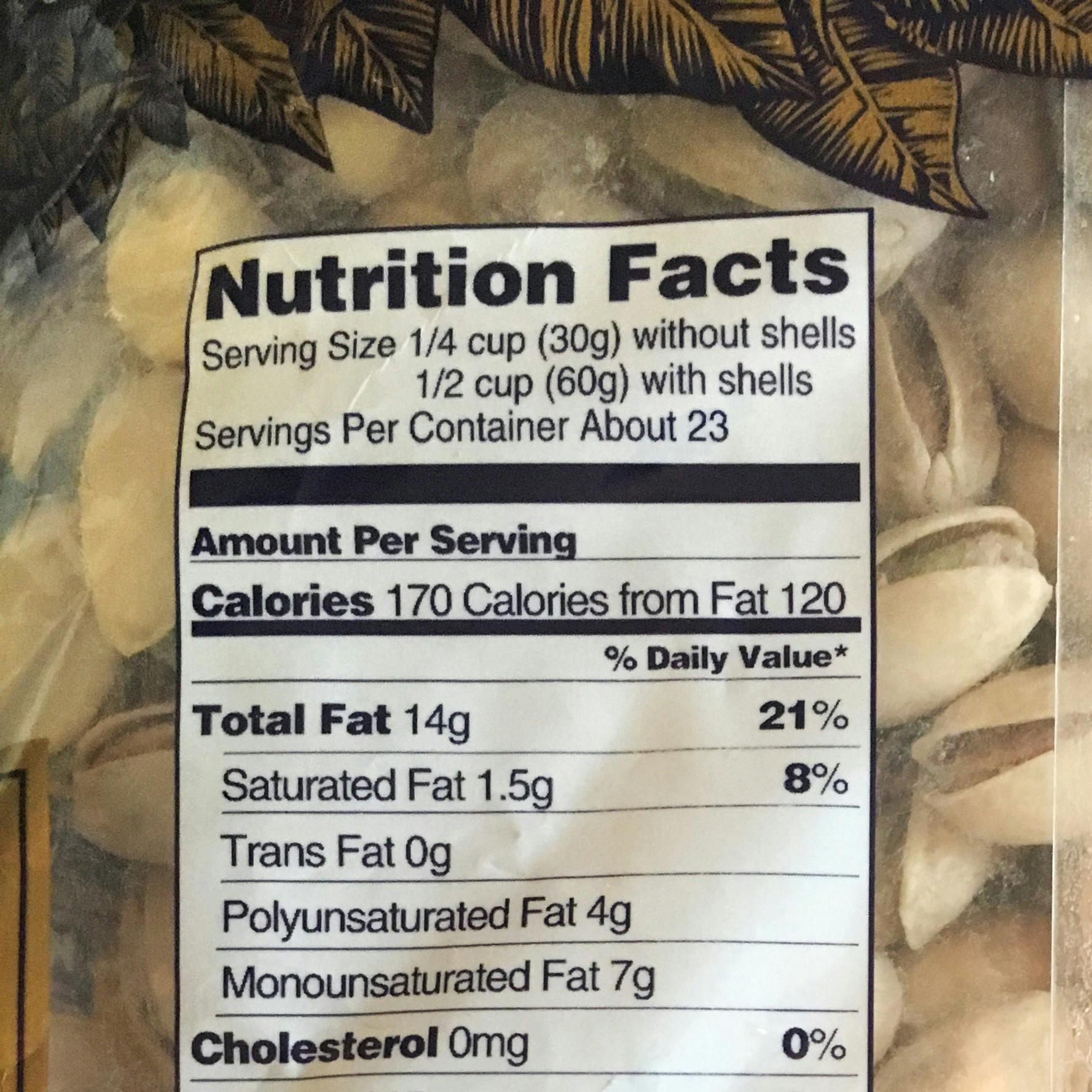
The End of the Calorie (encore)
For most of us, the calorie is just a number on the back of the packet or on the display at the gym. But what is it, exactly? And how did we end up with this one unit with which to measure our food? Is a calorie the same no matter what type of food it comes from? And is one calorie for you exactly the same as one calorie for me? To find out, we visit the special rooms scientists use to measure how many calories we burn, and the labs where researchers are discovering that the calorie is broken. And we pose the question: If not the calorie, then what? (This is an encore presentation.)
Learn more about your ad choices. Visit podcastchoices.com/adchoices
48:0117/01/2023

Champagne Wishes: The Tastes of Celebration
We pop it at weddings and pour it for the holidays, gift it to congratulate and sip it to celebrate—but, if we're being honest, Gastropod will seize any occasion to drink champagne. In the second episode of our two-part miniseries on the tastes of celebration, we tell the story of how this sparkling wine went from an unwelcome accident—winemakers considered fizz a flaw!—to a global brand associated with quality, luxury, celebrity, and, above all, fun. Along the way, we explore the science behind the bubbles, get to the bottom of the difference between prosecco, pét-nat, and Perrier-Jouët, and tell the stories of the original Dom Perignon and Veuve Cliquot. Join us now for all that, plus the answer to the question we all secretly wonder: Is champagne really worth the big bucks? Cheers!
Learn more about your ad choices. Visit podcastchoices.com/adchoices
50:2320/12/2022
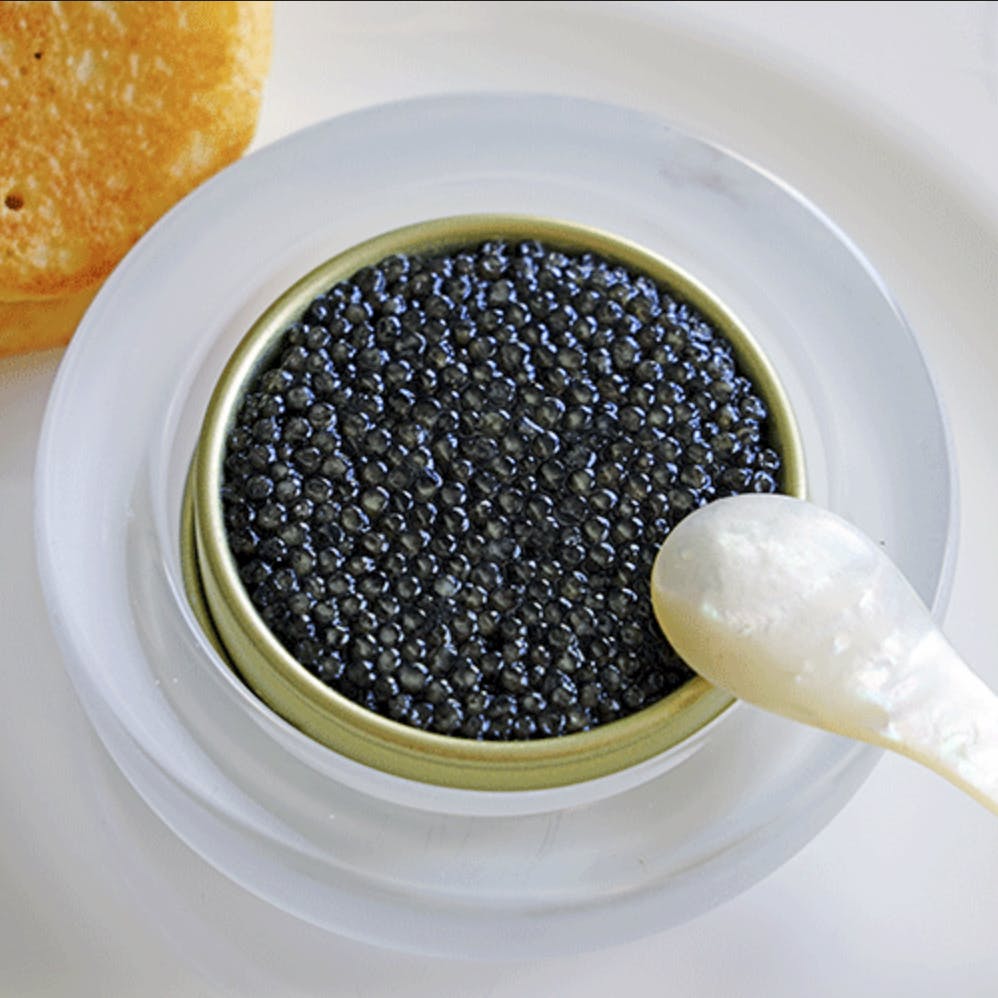
Caviar Dreams: The Tastes of Celebration
Yachts, private jets, caviar, champagne—all standard ingredients in the lifestyles of the rich and famous. But, every so often, at parties and special occasions, we mere mortals get to live large and enjoy fancy fish eggs and fizz, too. In this first episode of our two-part miniseries on the foods of celebration, Gastropod explores how something that Russian peasants ate as a form of religious penance became one of the world's most expensive foods. Join us this holiday season as we get up close and personal with the source of caviar by giving a sturgeon an ultrasound, and tell the story of the long-lost town of Caviar, New Jersey. Get out your mother-of-pearl spoon and dive in!
Learn more about your ad choices. Visit podcastchoices.com/adchoices
47:4806/12/2022
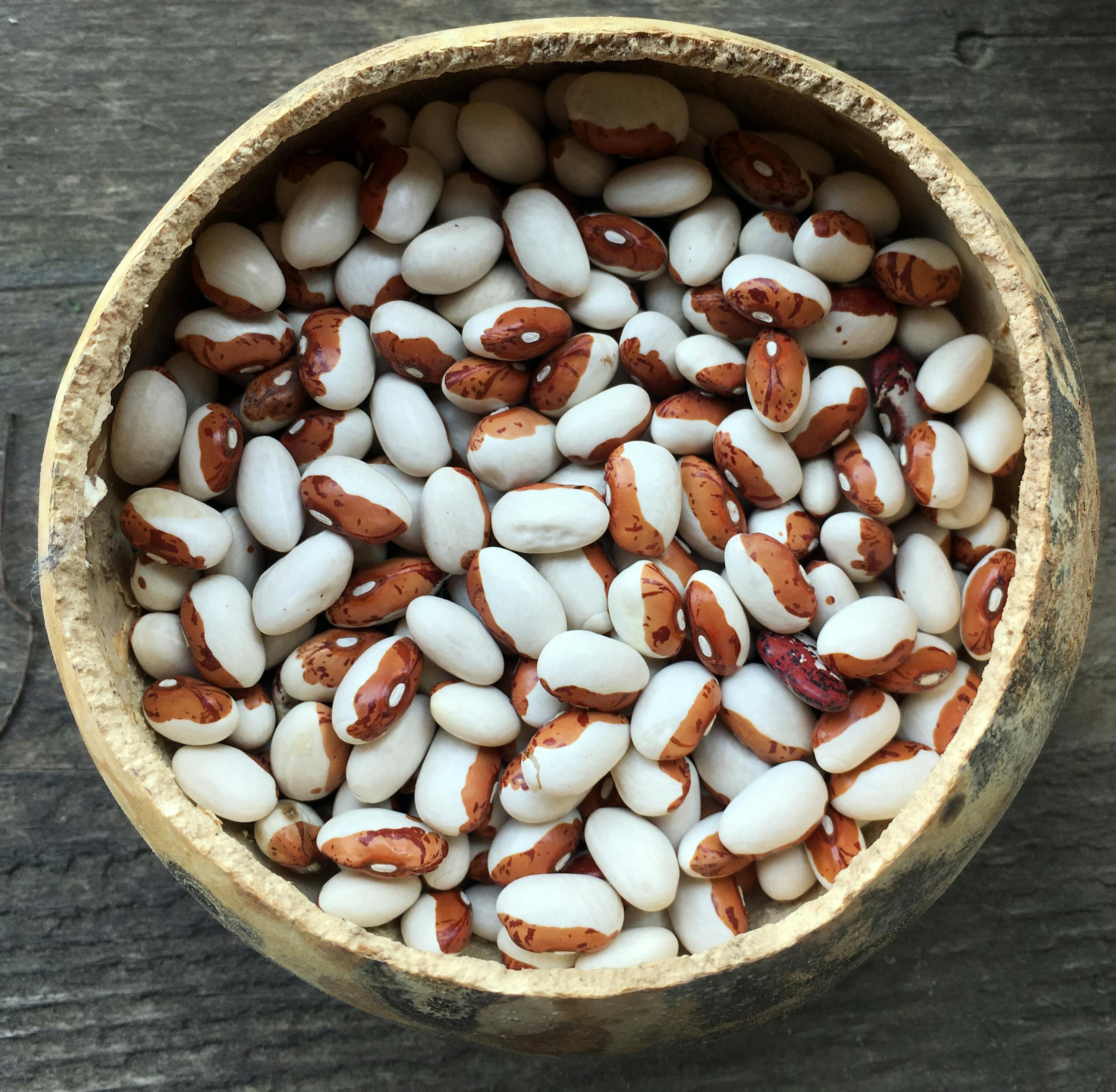
What Is Native American Cuisine? (Encore)
Pasta, sushi, tacos, samosas, and pad thai: In the U.S., enthusiastic eaters will likely be able to name traditional dishes from a wide variety of cuisines around the world. But most of us couldn't name a single Native American dish from any one the vast network of tribes, cultures, and cuisines that spread across the U.S. before Europeans arrived. Today, farmers, activists, and chefs are trying to change that. They're bringing back Native foods—not just to teach all Americans about the indigenous foods of their country, but to improve the lives of Native Americans themselves, who suffer from some of the highest levels of debilitating and often deadly diet-related diseases. Can a return to a Native diet help?
Learn more about your ad choices. Visit podcastchoices.com/adchoices
46:2322/11/2022
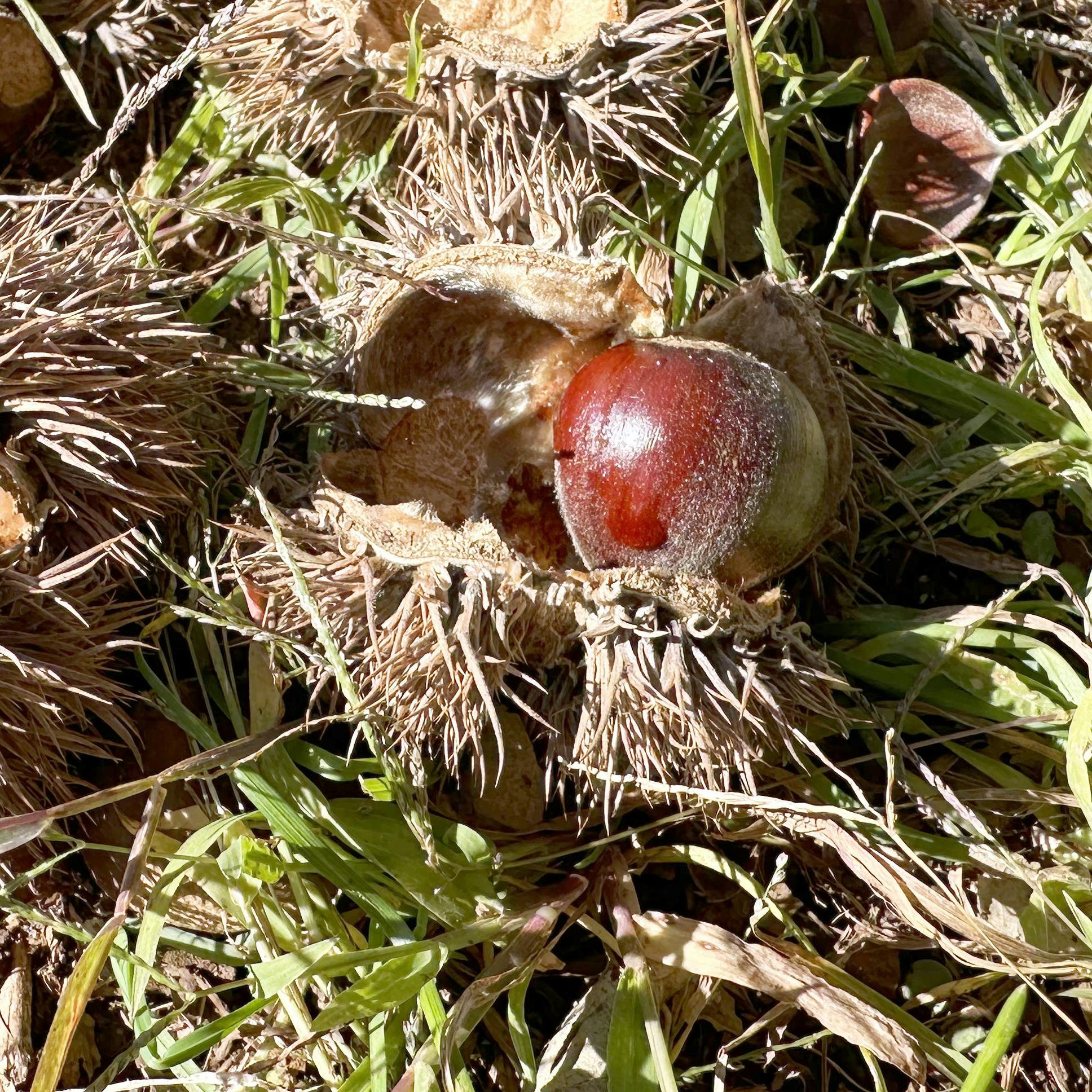
That Old Chestnut: A Nutty Tale, of Love, Loss, and Reconnection
Just a little over a hundred years ago, eastern forests were studded with what was called "America's perfect tree": 100-foot giants with straight-grained, rot-resistant wood, which filled the woods every fall with delicious, nutritious nuts. This nut—the American chestnut—was a staple in the diet and culture of Indigenous peoples, local wildlife, and colonial Americans. Then, in the early 1900s, disaster struck: a deadly and seemingly unstoppable disease moved in and made the species functionally extinct. But Americans haven’t given up on the chestnut; there’s a movement today to bring back this iconic tree using a variety of ingenious approaches. So what will it take to return the “redwood of the East” to our forests—and its sweet, buttery nut to our plates? Join us this episode as we take a frolic through the chestnut’s forgotten history and the science underpinning its potential return, as well as visit a farm growing hybrid American chestnuts to taste for ourselves why they once drove Americans wild—and might soon do so again.
Learn more about your ad choices. Visit podcastchoices.com/adchoices
51:0708/11/2022
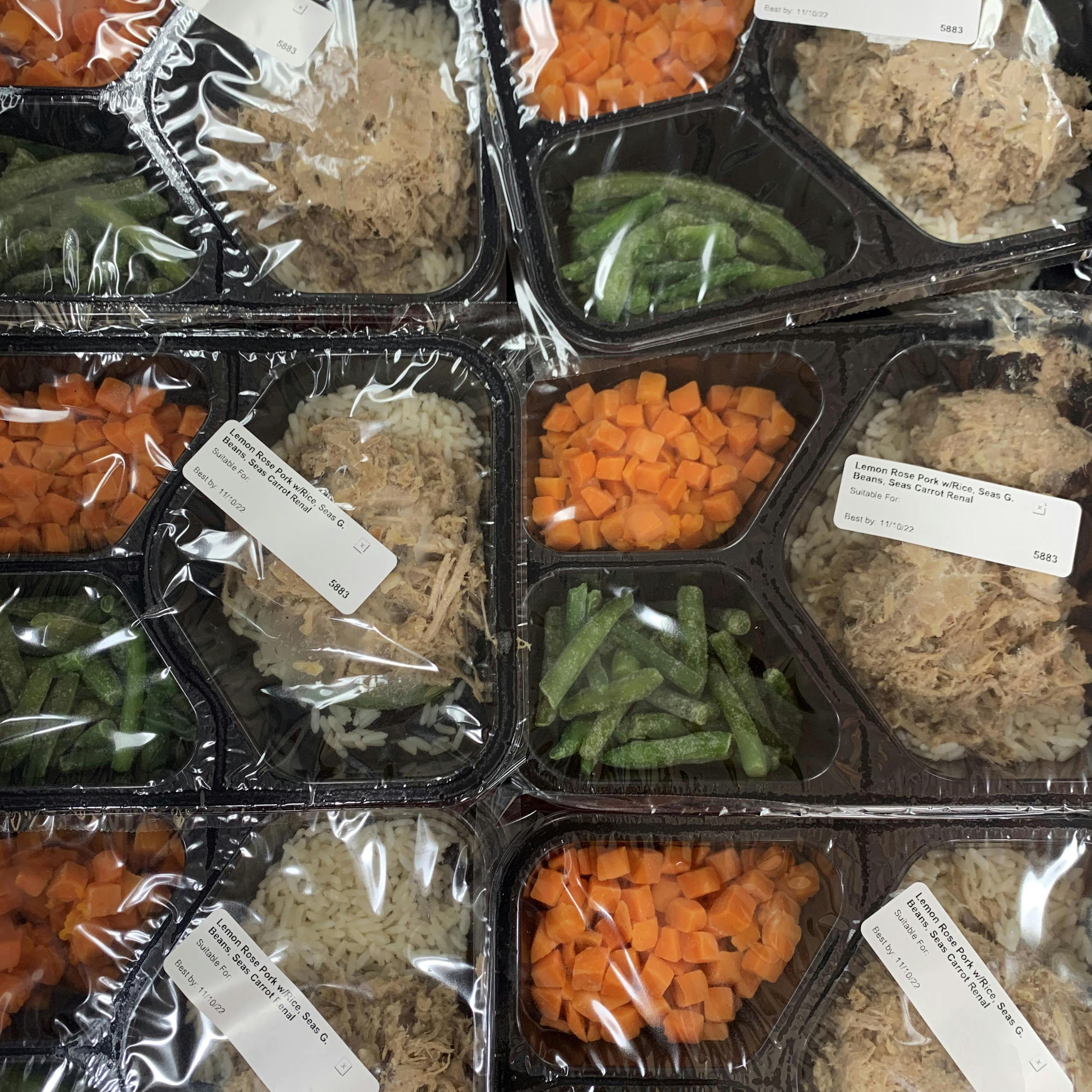
Prescription Dinner: Can Meals Be Medicine?
We've all heard that what you eat affects your health—but doctors prescribing dinner? It's real: Medically tailored meals are specifically designed to treat conditions such as kidney disease, diabetes, and heart disease, as well nourish people going through chemotherapy and radiation. Today, in a handful of places around the US, eligible patients can receive them for free, prescribed by their medical provider and reimbursed by their health insurance. There's even legislation in Congress that would roll this program out nationwide. This episode, Gastropod investigates: how do medically tailored meals work? From the science of how nutritionally designed dinners can affect disease progression, to the economics behind why it makes sense for taxpayers and insurers to invest in food, to the tricky logistics of bringing prescription meals to the masses, listen in now for the scoop on one of the biggest stories in healthcare.
Learn more about your ad choices. Visit podcastchoices.com/adchoices
45:2925/10/2022
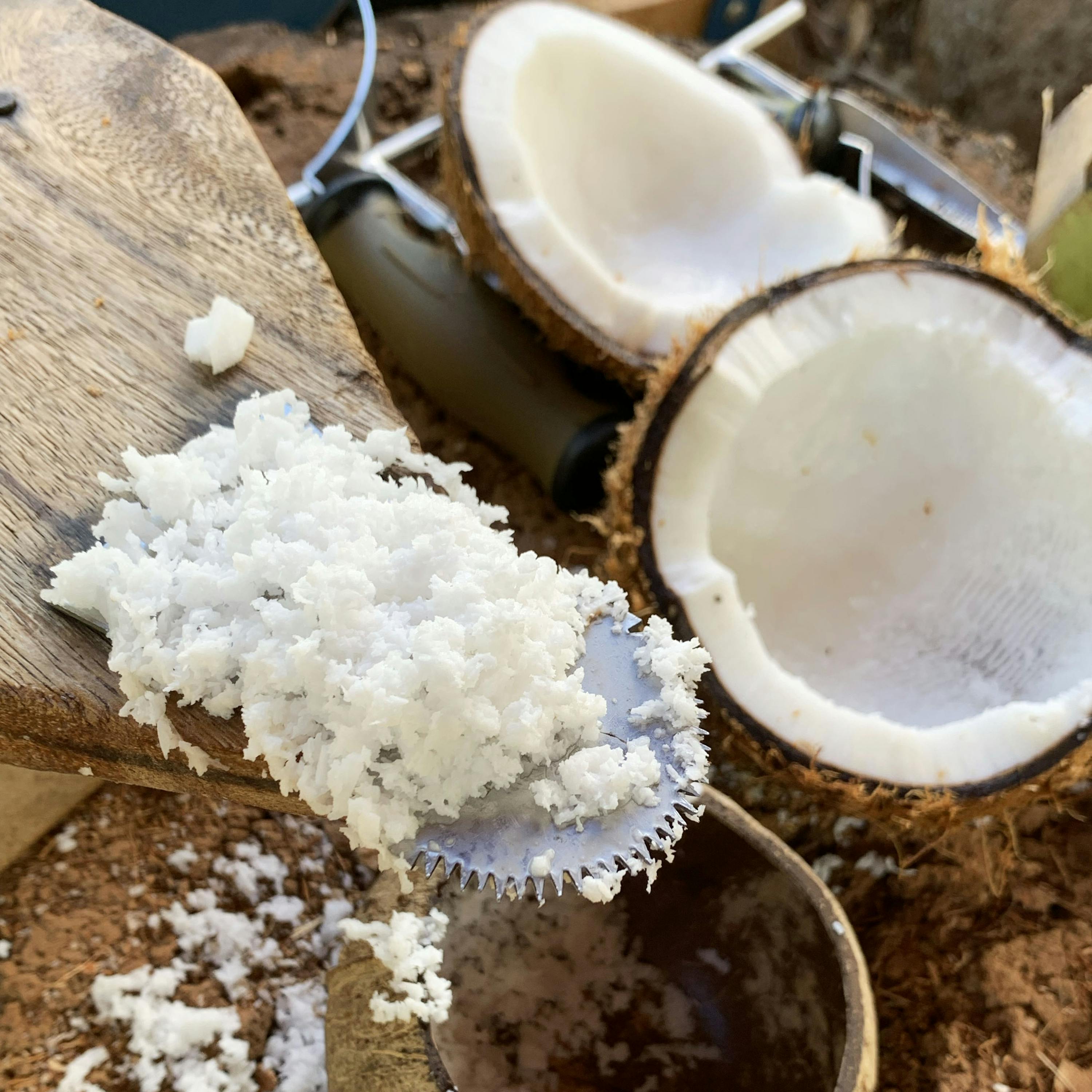
Trouble in Paradise: Coconut War Waters and Coconut Oil Controversies
Whether enrobed with chocolate in a candy bar or sucked up through a straw on the beach, coconut has become shorthand for the good life: clear blue waters, white sand beaches, and an ocean breeze. But it’s not just a tropical treat. All around the world, people who live alongside the coconut palm refer to it as the “tree of life,” thanks to its ability to provide food, oil, fresh water, and the sturdy raw materials to build homes, clothes, and even musical instruments—all from one plant. But can this delicious, Swiss Army-knife of a nut (that's not technically a nut) also prevent heart disease, clean your teeth, and even stave off Alzheimer's? This episode, Gastropod cracks open what makes coconuts so great, including their role as everything from a Presidential lifesaver to the missing ingredient in nuclear fusion. We've also got the backstabbing battle that made coconut water popular, and the science on all of that Paleo coconut oil hype. Plus, we take on our toughest field assignment yet: traveling to a tropical island to taste the fruit of the tree of life ourselves—if we can just figure out how to get it open...
Learn more about your ad choices. Visit podcastchoices.com/adchoices
47:4711/10/2022
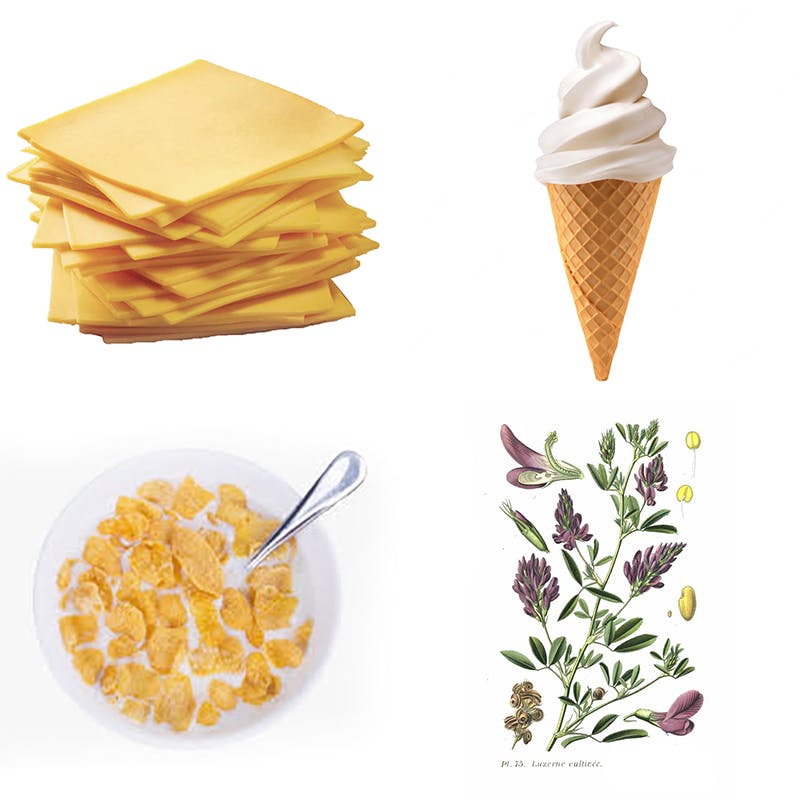
Does the Western Megadrought Mean the End of Cheap Cheese and Ice Cream?
Imagine a summer's day without the jingle of the ice-cream truck, a pizza without its bubbling layer of melted cheesy goodness, or even a bowl of cereal without milk. It’s a shocking prospect, for sure, but the threat to these delights is perhaps even more surprising: The fact that Americans enjoy more than three times their body-weight in dairy products each year is, in no small part, due to a water-hungry plant that’s frequently, if counterintuitively, grown in the desert. That plant is alfalfa, and it makes up at least half of the diet of dairy cows all over the world. So why are we growing alfalfa in the arid American Southwest, and watering it from the Colorado River—both of which, as you may have heard on the news, are becoming drier with every passing day? To find out, Gastropod went on a good old-fashioned road trip for some field reporting (literally, in an alfalfa field) and talked to farmers, economists, plant experts, journalists, and exporters about where this surprisingly important plant fits in to a warming world—and how we can prevent a future lacking in lactose without also drying up the West.
Learn more about your ad choices. Visit podcastchoices.com/adchoices
51:1227/09/2022

Lunch Gets Schooled (encore)
Across the United States, school lunch is being transformed, as counties and cities partner with local farms to access fresh vegetables, as well as hire chefs to introduce tastier and more adventurous meals. This is a much-needed correction after decades of processed meals that contained little in the way of nutrition and flavor. But how did we get to trays of spongy pizza and freezer-burned tater tots in the first place? While it seems as if such culinary delights were always part of a child's day, the school lunch is barely a century old—and there are plenty of countries in the world, like Canada and Norway, where school lunch doesn't even exist. This episode, we dive into the history of how we got to today's school lunch situation, as well as what it tells us about our economic and gender priorities. Listen in now for all that, plus the science on whether school lunch even matters. (encore)
Learn more about your ad choices. Visit podcastchoices.com/adchoices
53:3821/09/2022
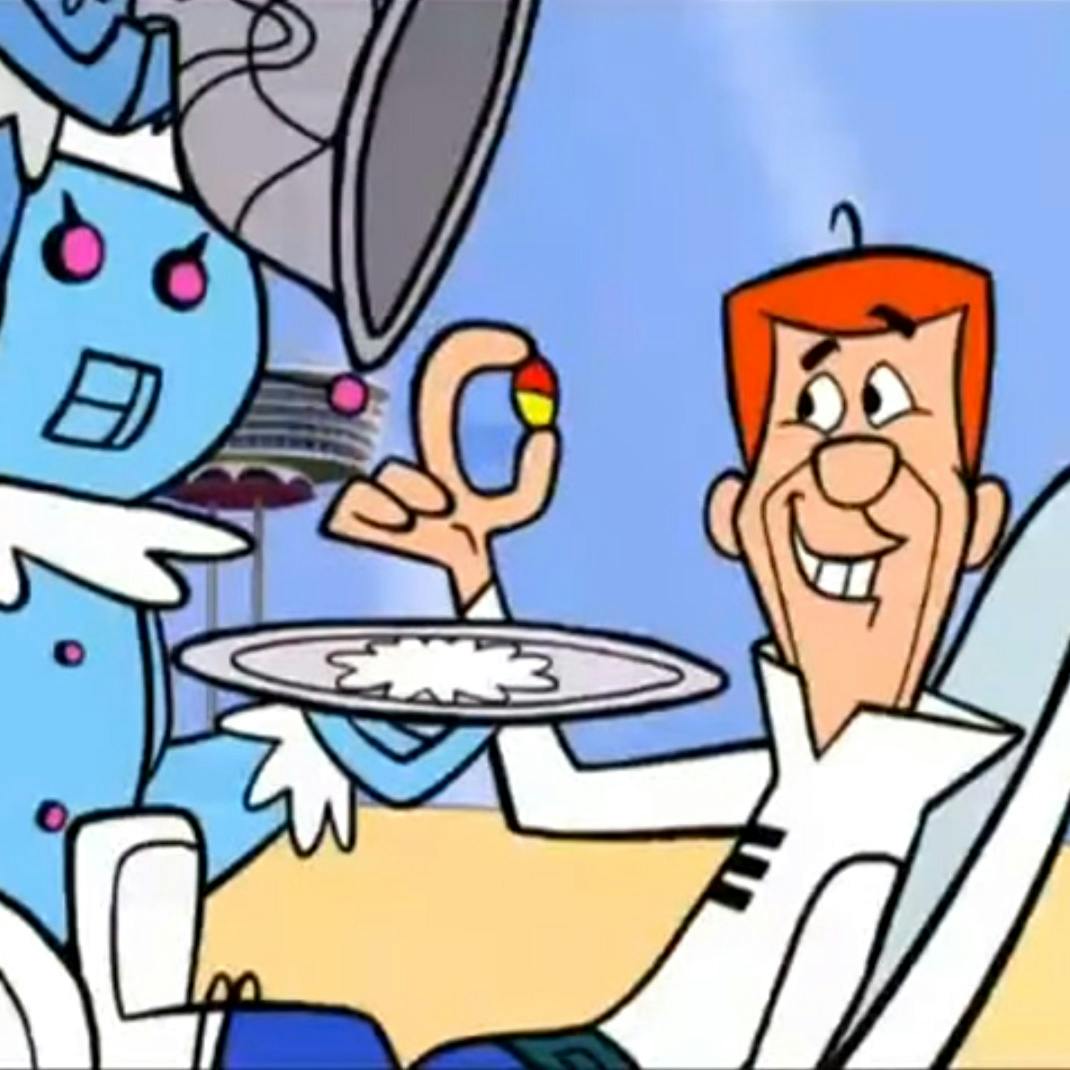
What Do Aliens Eat? Food in Sci-Fi and Fantasy
Whether you’re an adorable, candy-loving alien, a lost hobbit, a Federation starship captain, or the King in the North, you still need to eat. This episode, Gastropod is exploring the weird and wonderful world of food in science fiction and fantasy, from well-loved standards like Star Trek and The Lord of the Rings, to modern favorites like The Expanse, and all of the esoteric cult classics (parasitic frozen desserts, anyone?) in between. We talk to some of our favorite writers about how food helps them build worlds both foreign and familiar, chat with a legendary Hollywood food stylist to see how she brings stomach-turning Klingon meals and peacock-laden fantasy feasts to life on screen, and catch up with some of our listeners about the imagined tastes they’ll never forget. Fire up the replicator, pour yourself a glass of blue milk, and enjoy a bite of Lembas bread as you join us at this buffet of imaginary foods.
Learn more about your ad choices. Visit podcastchoices.com/adchoices
46:5413/09/2022

Guest Episode: The Umami Mama by Unexplainable
Gastropod is excited to present this guest episode of Unexplainable. For thousands of years, there have been four basic tastes recognized across cultures. But thanks to Kumiko Ninomiya (a.k.a. the Umami Mama), scientists finally accepted a fifth. So could there be even more?
Learn more about your ad choices. Visit podcastchoices.com/adchoices
41:2530/08/2022
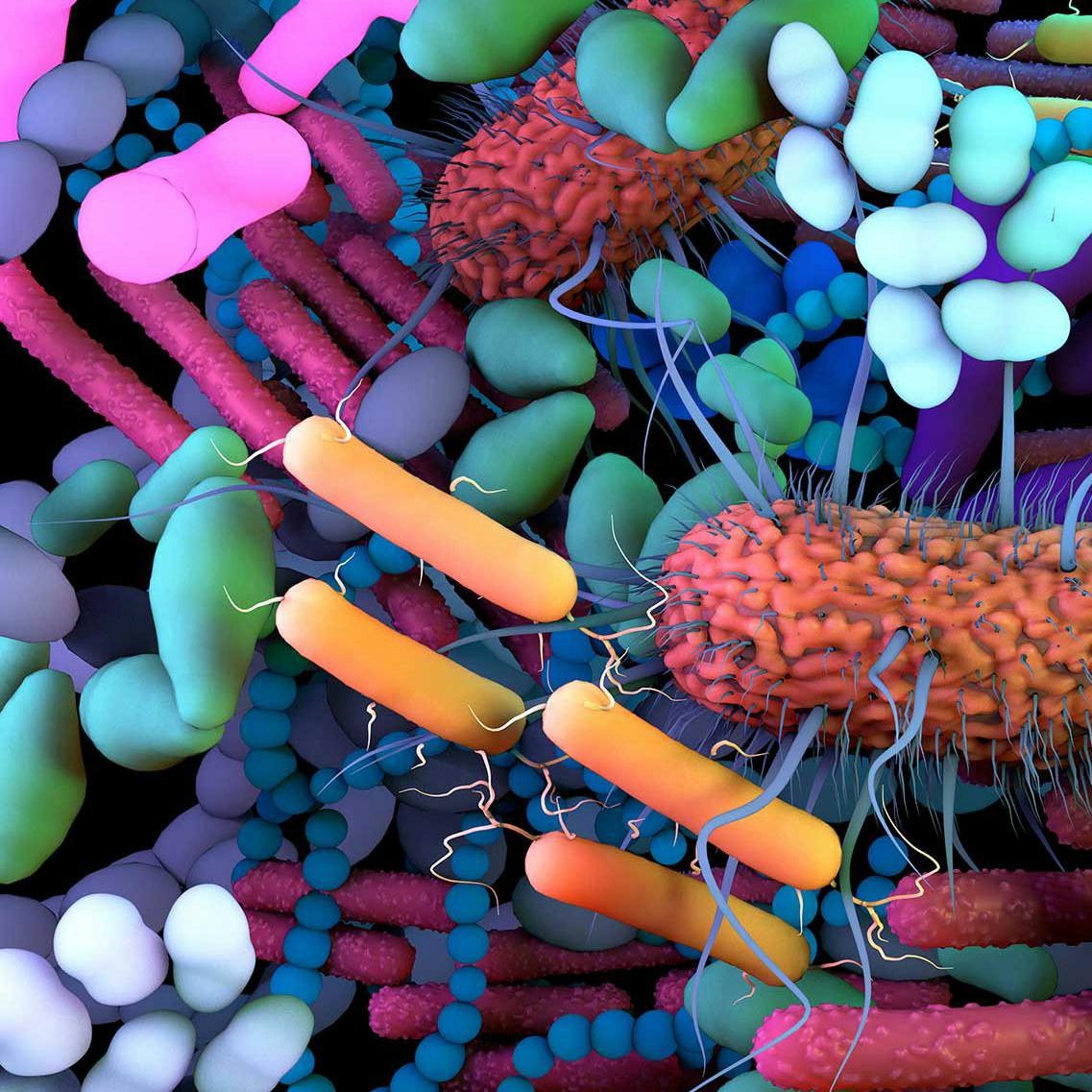
Gut Feeling
Do you get butterflies in your stomach when you’re excited? Feel nauseated when you’re nervous? Get a knot in your gut when you're worried something bad is going to happen? Then you’ve experienced what’s called the gut-brain axis: a powerful connection between your brain and your stomach. And, if you’ve been on wellness social media over the last few years, you’ve probably heard that you can hijack this connection to help heal a whole host of mental illnesses, from taking probiotics for PTSD to treating depression with diet. But how much of this is science, and how much is modern-day snake oil? With the help of gastroenterologists, psychologists, and yes, the U.S. military, Gastropod is here to investigate! The answer involves prescription kefir, a trip to an Army base to play video games, and the trials and tribulations of some very melancholy mice—not to mention lots and LOTS of microbes. Listen in for the scoop on how tweaking your gut microbes can change your mind. (But, for your own health, please don’t drink every time we mention our favorite topic during this episode!)
Learn more about your ad choices. Visit podcastchoices.com/adchoices
51:3116/08/2022

Green Gold: Our Love Affair With Olive Oil (encore)
Olive oil is not what you think it is. According to Tom Mueller, author of Extra Virginity: The Sublime and Scandalous World of Olive Oil, an olive is a stone fruit like a plum or cherry—meaning that the green-gold liquid we extract from it "is, quite literally, fruit juice." And, while we're blowing your minds, have you ever stopped to wonder what "extra virgin" means? "It's like extra dead or semi-pregnant," Mueller said. "I mean, it doesn't make any sense at all." This episode we visit two groves—one in the Old World, one in the New—to get to the bottom of olive oil's many mysteries. Listen in this episode as we find out why the ancient Romans rubbed it all over their bodies, and whether the olive oil on our kitchen counters really is what it says on the label. (Encore presentation)
Learn more about your ad choices. Visit podcastchoices.com/adchoices
52:5402/08/2022
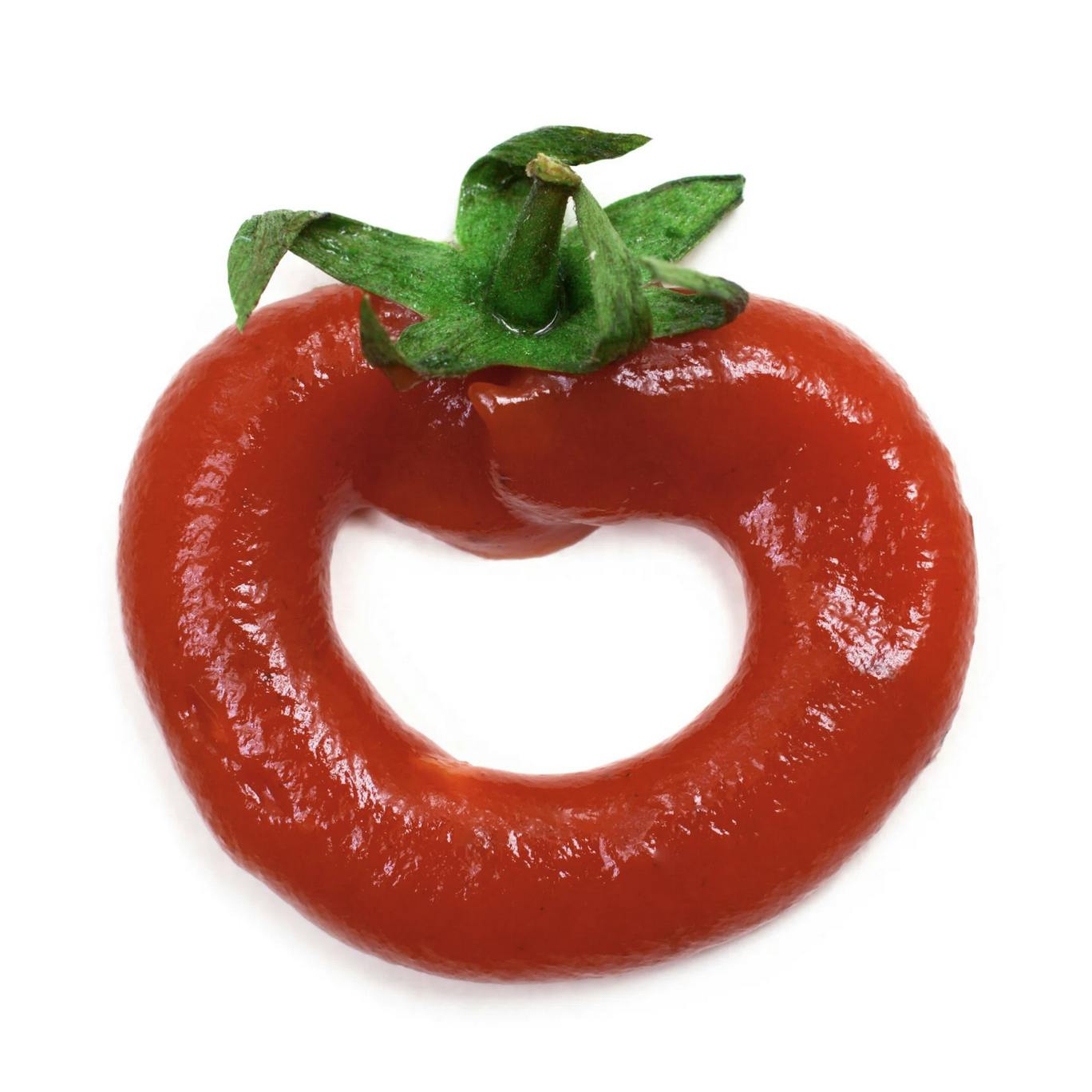
How Ketchup Got Thick
Ketchup is the crowd-pleaser of condiments—a ubiquitous accessory on dinner tables throughout the United States, and, increasingly, the world. But this kid-friendly classic actually has its roots in a much funkier food: fermented fish sauce! So how did the salty, pungent, amber-colored seasoning that gives Southeast Asian cuisine its characteristic flavor turn into a thick, red sauce typically found atop hamburgers and French fries? It's a saga that involves the fall of the Roman empire, eighteenth-century fish sauce knock-offs made from green walnuts and vinegar, and the marketing genius of one Henry J. Heinz. Listen in now for that story, plus the 1981 ketchup scandal that shook the Reagan White House, in our love song to ketchup's weird backstory and underrated culinary sophistication.
Learn more about your ad choices. Visit podcastchoices.com/adchoices
46:3920/07/2022

Delivery Wars
Big tech is changing every aspect of our world. But how? And at what cost? Gastropod is excited to share the first episode of a special four-part Land of the Giants series, in which Recode teams up with Eater to unbox the evolving world of food delivery. Find out how the rise of investor-backed third-party delivery apps has dramatically changed consumer behavior, helped create a modern gig workforce, disrupted small businesses, and potentially changed our relationship with food forever.
We need your help! We’re conducting an audience survey to hear from you. The information you share is important to help us keep making the podcast and, we hope, keep making it better! Head to Gastropod.com/survey to participate. We really appreciate it.
Learn more about your ad choices. Visit podcastchoices.com/adchoices
38:0505/07/2022

The Milk of Life
No matter what your diet’s like today, we all likely started life eating the same thing: breast milk, formula milk, or a bit of both. But both of these products aren’t always easy to come by. Breastfeeding can be difficult or impossible for some parents, and formula milk isn’t always safe, affordable, or even available — as we’re seeing in the US, where formula milk is currently 70 percent out-of-stock. This episode, we tell the story of how we got here, and we explore what we should we do to make feeding babies easier in the future. Along the way, we find out what makes human milk—or "white blood," as it perhaps should be known—so unique, as well as why Parisian attitudes to feeding infants in the 1800s made it known as a city with no children. We've also got the story of when formula was first invented, the dirty tricks used to market it, and the competing pressures and changing advice that have swung the pendulum from "breast is best" to formula and back again. Listen in for the story behind the news, the tale of our first and most essential food.
We need your help! We’re conducting an audience survey to hear from you. The information you share is important to help us keep making the podcast and, we hope, keep making it better! Head to Gastropod.com/survey to participate. We really appreciate it.
Learn more about your ad choices. Visit podcastchoices.com/adchoices
53:5721/06/2022
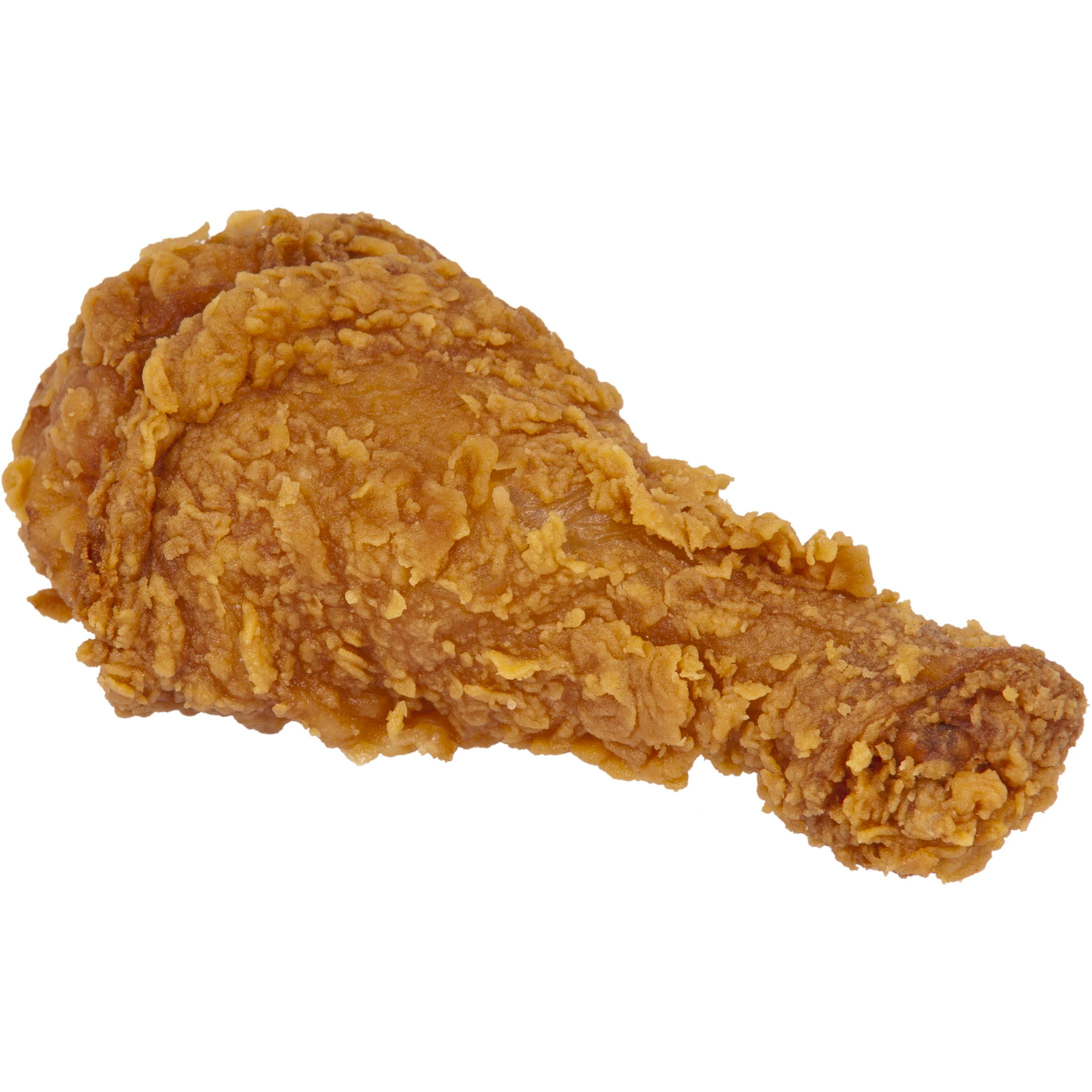
Poultry Power: The Fried Chicken Chronicles (encore)
Juicy, crispy, crunchy...fried chicken is undoubtedly delicious. But it's also complicated, in ways that go far deeper than the science behind that perfect crust. From slavery to entrepreneurship and from yard fowl to Gospel bird, the story of fried chicken is filled with challenging contradictions. Grab a drumstick and listen in. (Encore presentation.)
We need your help! We’re conducting an audience survey to hear from you. The information you share is important to help us keep making the podcast and, we hope, keep making it better! Head to Gastropod.com/survey to participate. We really appreciate it.
Learn more about your ad choices. Visit podcastchoices.com/adchoices
48:4107/06/2022

Guest episode: Montréal by Not Lost
Gastropod is excited to present this guest episode of Not Lost, called Montréal: Voyage Voyage. When both his popular culture podcast and long-term relationship come to an end, journalist Brendan Francis Newnam finds he has the time — and freedom — to pursue his dream: a travel podcast where he goes places and learns about them by getting invited to a stranger’s house for dinner. Not Lost is both a delightful travel escape and an insightful look at people — locals and visitors alike — trying to make sense of a constantly changing world. This episode, Brendan and his friend Danielle seek out the je ne sais quoi of the Québécois. Along the way, they learn about the Quiet Revolution, French-Canadian celebrity mags, and local pastries known as “nun’s farts.”
Learn more about your ad choices. Visit podcastchoices.com/adchoices
52:3331/05/2022
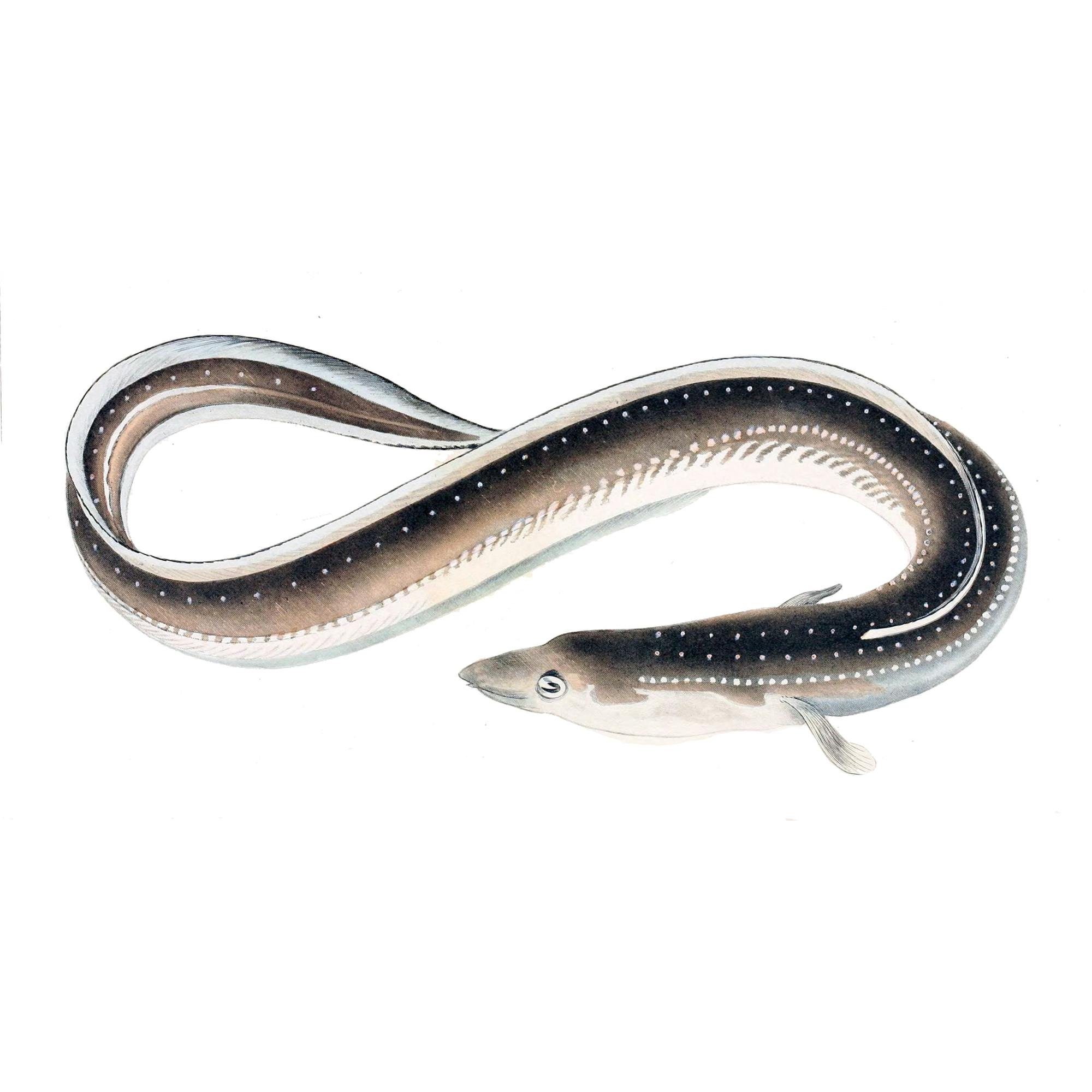
Reinventing the Eel
Aristotle thought they were born out of mud. A young Sigmund Freud dedicated himself to finding their testicles (spoiler alert, he failed). And a legendary Danish marine biologist spent 18 years and his wife's fortune sailing around the Atlantic Ocean to find their birthplace. The creature that tormented all of these great thinkers? It was the eel, perhaps the most mysterious fish in the world—and one of the most expensive per pound. So why are tiny, transparent, worm-like baby eels worth so much? Why have eels remained so mysterious, despite scientists' best efforts? And how has one pioneering farmer in Maine started raising eels sustainably, despite the species' endangered status? All that this episode, plus a nighttime fishing trip, suitcases full of cash, and a compelling argument that when it comes to the American Thanksgiving dinner plate, we should consider ditching the turkey—and replacing it with eel.
Learn more about your ad choices. Visit podcastchoices.com/adchoices
48:5216/05/2022
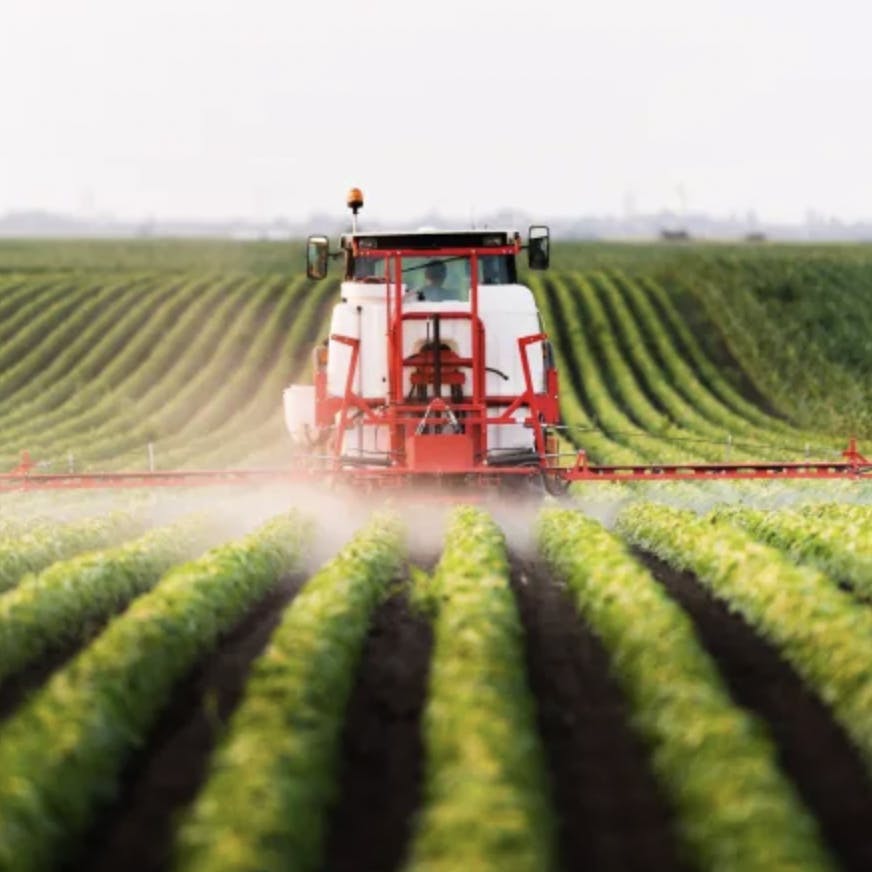
Monsanto or MonSatan? How—and Why—a St. Louis Startup Became a Hated Herbicide Giant
A chemical that kills the plants you don’t want—weeds—and keeps the plants you do—food!—seems kind of like magic. After all, weeds are the bane of farmers' lives, causing tens of billions of dollars in lost yield every year. So why is the world's largest herbicide company, Monsanto, so unpopular that it's been referred to as MonSatan? How harmful are today's herbicides for us humans, and for the environments they're seeping into? And do we need weedkillers to feed the world? In part two of our three-part series on weeds, we take on the big questions around this “bad seed” of the farming world—and the fascinating story behind the scrappy St. Louis startup that hooked the world on herbicides.
Learn more about your ad choices. Visit podcastchoices.com/adchoices
52:4503/05/2022

The Way the Cookie Crumbles
If you’ve baked up a batch of chocolate chip cookies, enjoyed a nice cup of tea and biscuits, or somehow scarfed a sleeve of Oreos, you will know that cookies—or biscuits, as they were known for most of their existence, and still are in much of the Anglophone world—are one of humanity's greatest inventions. But you probably won't know that they started their illustrious career, more than four thousand years ago, as a kind of beer bouillon cube! This episode, we explore how this food of soldiers and sailors was transformed as it spread all over the world, fueling trade and empire, becoming the world's first industrial food, and shaping culture and language along the way. Featuring cookies as preventative medicine, the biscuit feud that followed the Oreo, and the true story of where the chocolate chip cookie really came from—you'll want to pour yourself a nice tall glass of milk for this one! Or, you know, put on the kettle for a cuppa...
Learn more about your ad choices. Visit podcastchoices.com/adchoices
53:0319/04/2022
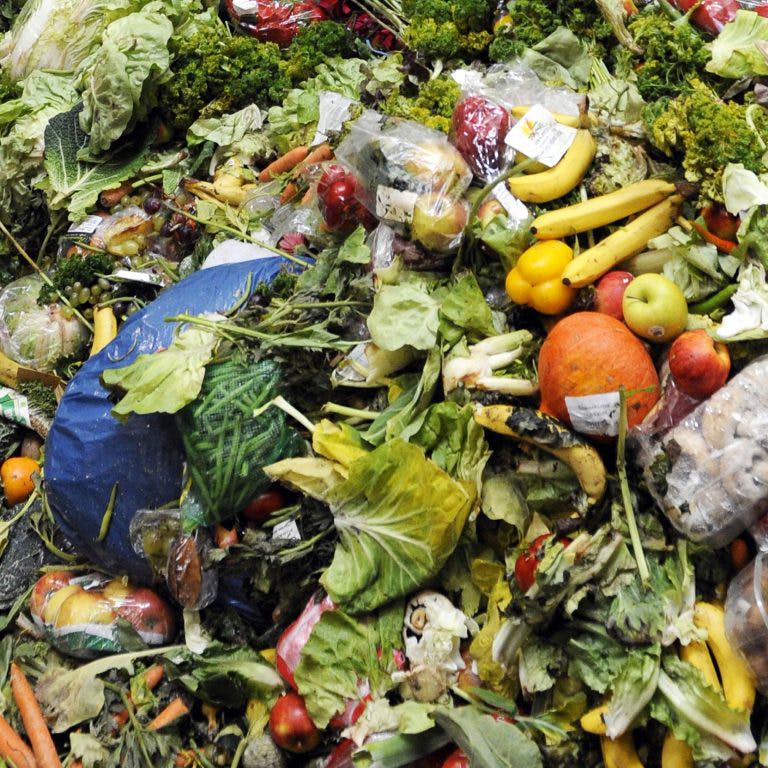
Black Gold: The Future of Food...We Throw Away
For a few weeks in 1987, trash was temporarily headline news: a barge filled with waste that would no longer fit in New York City's overflowing landfills spent months wandering up and down the East Coast with nowhere to dump its smelly, rotting cargo. The trash barge's travels triggered a long overdue public rethink of the wisdom of sending all of our waste to landfills—including food. But fast forward more than thirty years, and food still takes up more space in American landfills than anything else. About 30 to 40 percent of food produced in the US gets thrown away, rather than eaten. What's more, putting all that rotting food inside landfills produces a lot of methane, a powerful greenhouse gas. Our ancestors knew exactly what to do with food waste; the earliest descriptions of composting were written on clay tablets more than 4,000 years ago. So why didn't the GarBarge kick off a composting craze? And why is it so hard for us to keep food waste out of landfills? This episode, Gastropod visits the future of food waste: the high-tech facilities as well as the innovative policies that promise to keep our discarded food out of landfills, keep methane from escaping into the atmosphere, *and* turn those food scraps into something useful. Can a state the size of California really keep 75 percent of its food waste out of landfills, as it has pledged to do by 2025—and what will happen if it does? Listen in for compost blow-dryers, fruit-sticker bingo, and a lot of microbes!
Learn more about your ad choices. Visit podcastchoices.com/adchoices
52:2805/04/2022
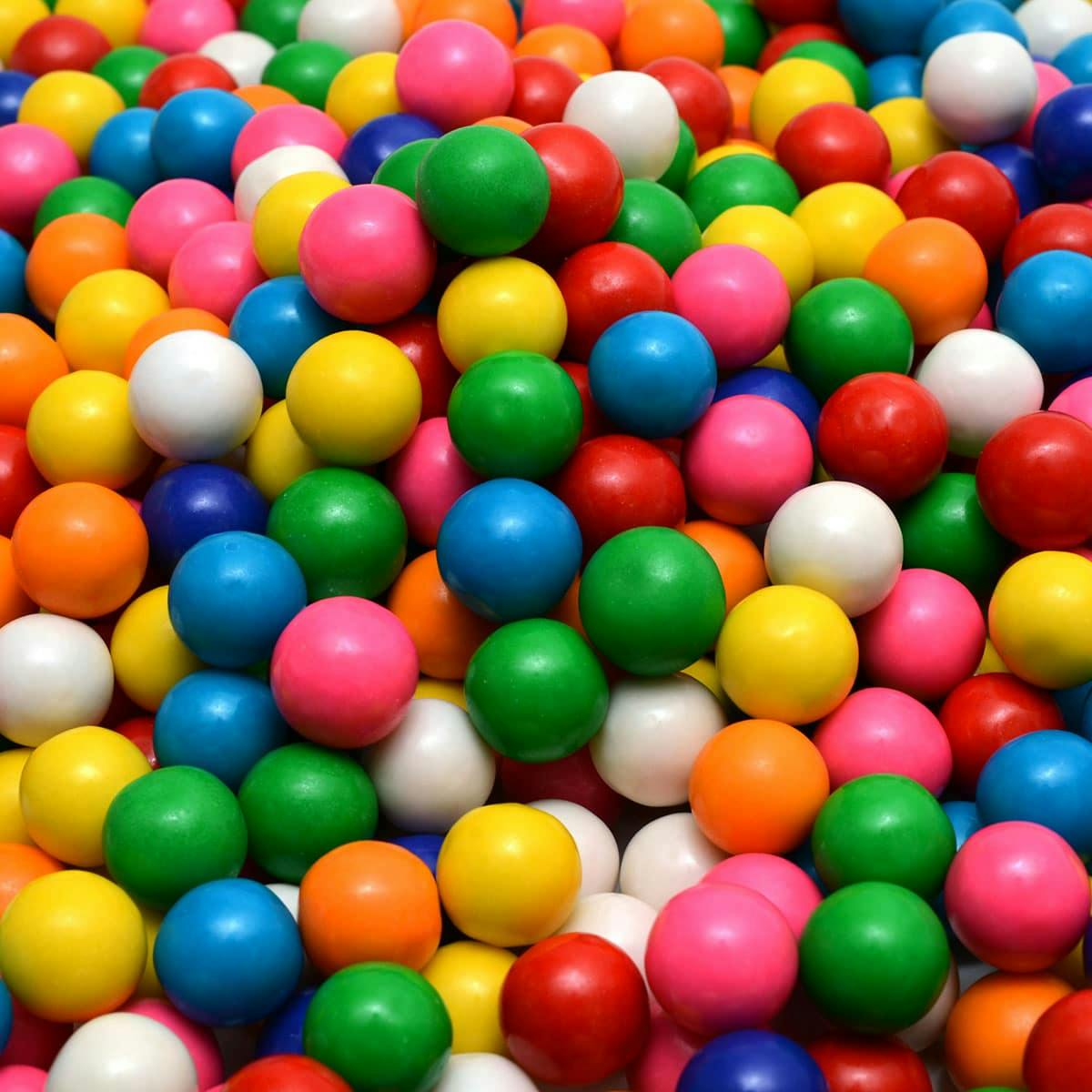
Gum's the Word: A Sticky Story
It’s sticky, it’s breath-freshening, and, according to the FDA, it’s technically food—this episode, we’re chewing on the science and history of gum! As it turns out, humans have been harvesting rubbery things to chew just for the chomp of it for thousands of years. But why? We're joined by anthropologists, archaeologists, gum scientists, and etiquette experts on our journey from the ancient birch tar-chewers of Scandinavia to the invention of modern-day, many-flavored bubblegum. How did an exiled Mexican president, a desperate Staten Island inventor, and a soap-selling runaway help gum go from something the Aztecs thought was only fit for children, the elderly, and prostitutes to a multi-billion dollar industry? Why did one country decide to ban gum altogether? And, with its popularity waning, is the gum-chewing bubble about to burst?
Learn more about your ad choices. Visit podcastchoices.com/adchoices
51:5022/03/2022
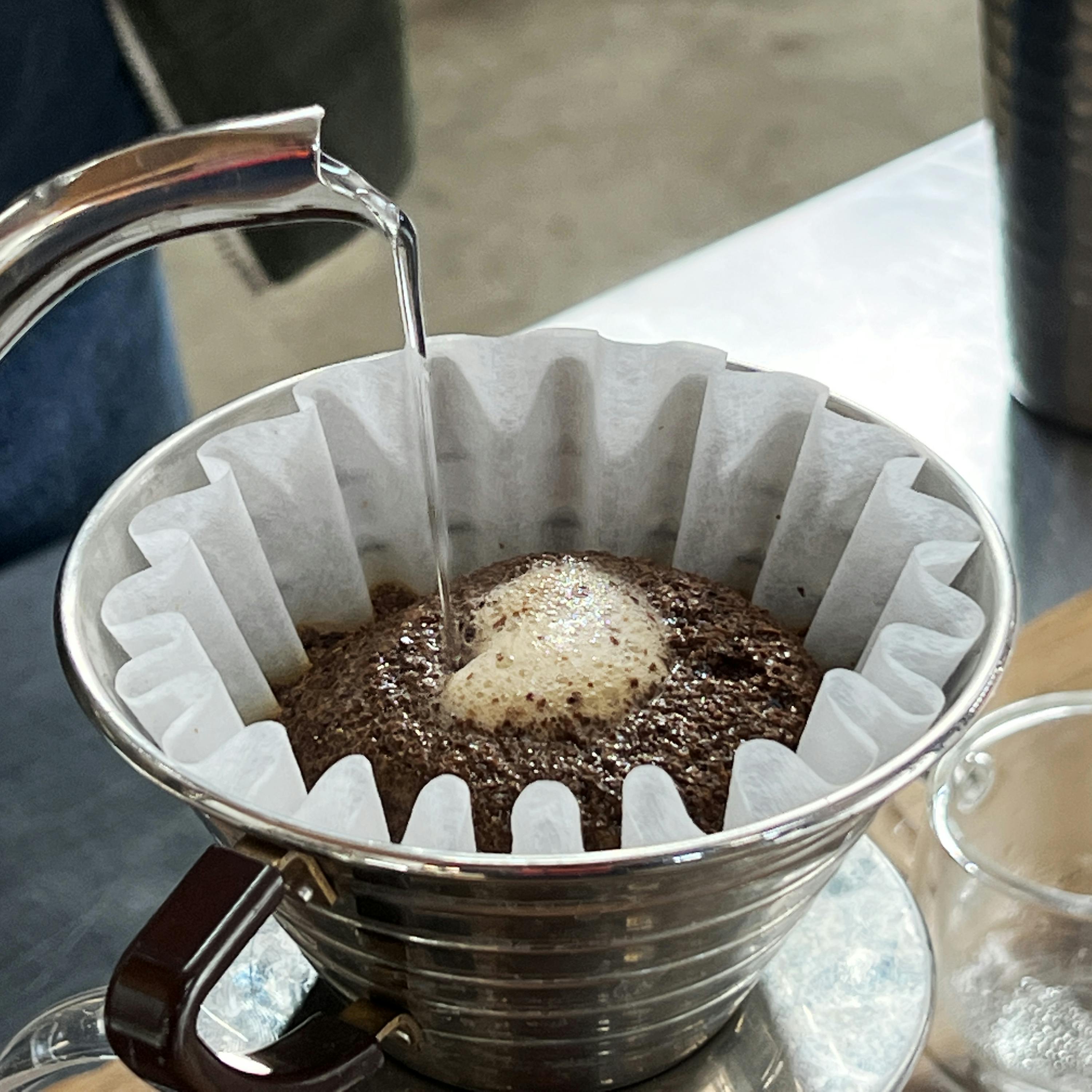
Déjà-Brew: How Coffee Got Bad, Then Worse, and, Finally, Good Again
If you hopped in a time machine for a cup of coffee from a 17th-century London coffeehouse, you would probably be a bit disappointed by their stale, bitter brews. We told you the story of how coffee jumped from its native soil in Africa to achieve near-world domination in Grounds for Revolution, the first episode in our two-part series. This episode, tune in for the story behind how new technologies, over-the-top advertising, and a forgotten female coffee visionary helped coffee go from bad, to a little better, to downright terrible, before reaching today’s Nirvana of coffee choice and quality. After all, why is a recipe with just two ingredients so hard to get just right? For the answer, we explore the science of coffee brewing, roasting, and flavor, and meet the people who shaped humanity’s pursuit of the perfect cup. All that plus Frank Sinatra, unicorn Frappuccinos, and a whole latte more in our fresh-brewed episode.
Learn more about your ad choices. Visit podcastchoices.com/adchoices
55:4708/03/2022
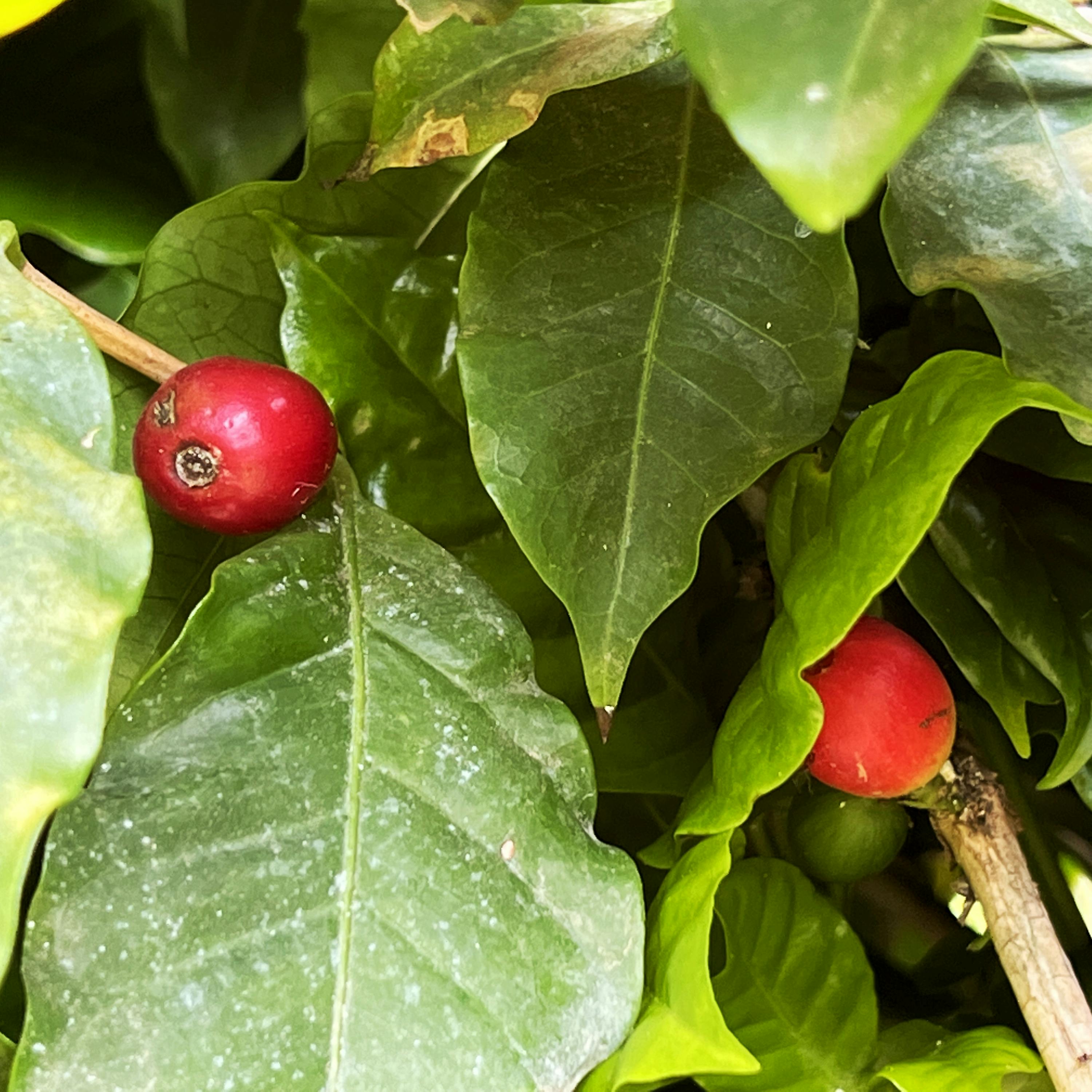
Grounds for Revolution: the Stimulating Story of How Coffee Shaped the World
About 400 years ago, a dark and mysterious stranger arrived in Europe and sent the jitters—really, shock waves—through society. That newcomer was the coffee bean, and it's hard to overstate its effects on the world. From its early days as a religious aid to its pivotal role in the founding of the London Stock Exchange, the first scientific society, and even one of the earliest forms of social media, this bitter brown beverage has democratized culture and sparked innovation, all while fueling capitalism and inequality. With the help of Gastropod's own founding godfather, Michael Pollan, as well as a crew of all-star historians, coffee growers, botanists, and coffee scientists, this episode we're telling the story of how coffee has changed everything it touched, from the humble workday to the fate of nations. This is the first of a two-part series on coffee, sponsored by Nespresso: listen now, and then come back in two weeks for the scientific secrets behind the perfect cup.
Learn more about your ad choices. Visit podcastchoices.com/adchoices
49:1422/02/2022
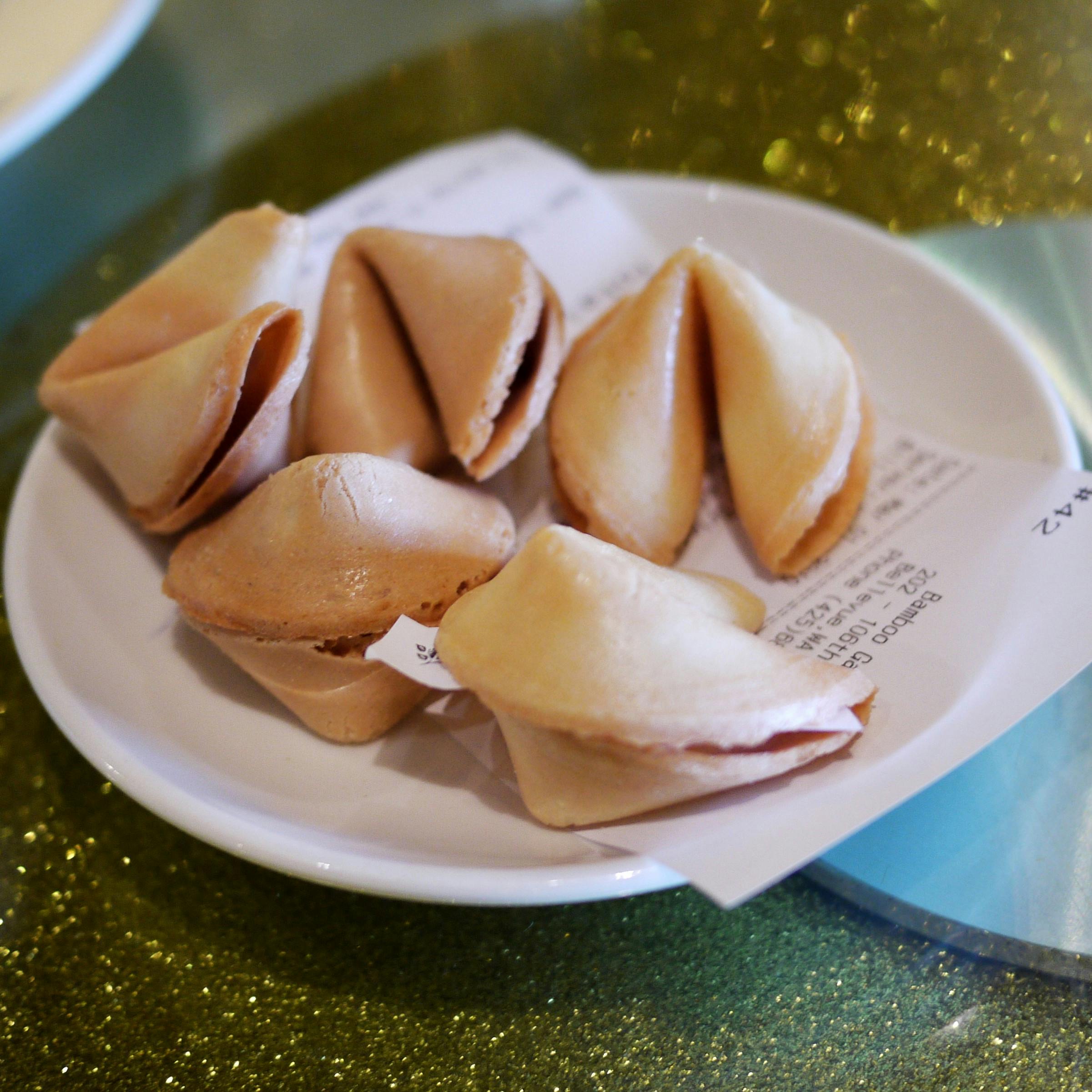
The Fortune Cookie Quest
No dish of General Tso's, chow mein, or beef and broccoli is complete without a fortune cookie at the end. In fact, factories churn out an estimated *three billion* of these folded confections every year, mostly for the U.S. market. So how did fortune cookies become not just a quintessential part of Chinese takeout, but also an American cultural icon? This episode, we crack open the history of the fortune cookie to get at the conflicted origins—or, at the very least, the winning lottery numbers—hidden within. With the help of author Jennifer 8 Lee, we trace the origin of this oracular cookie back in time: from a court case pitting one set of cookie pioneers in San Francisco against their Angeleno rivals, all the way to the tiny town that may have started it all...a town that's (gasp!) not even in China! Your fortune today: listen carefully, and all will be revealed.
Learn more about your ad choices. Visit podcastchoices.com/adchoices
42:2708/02/2022
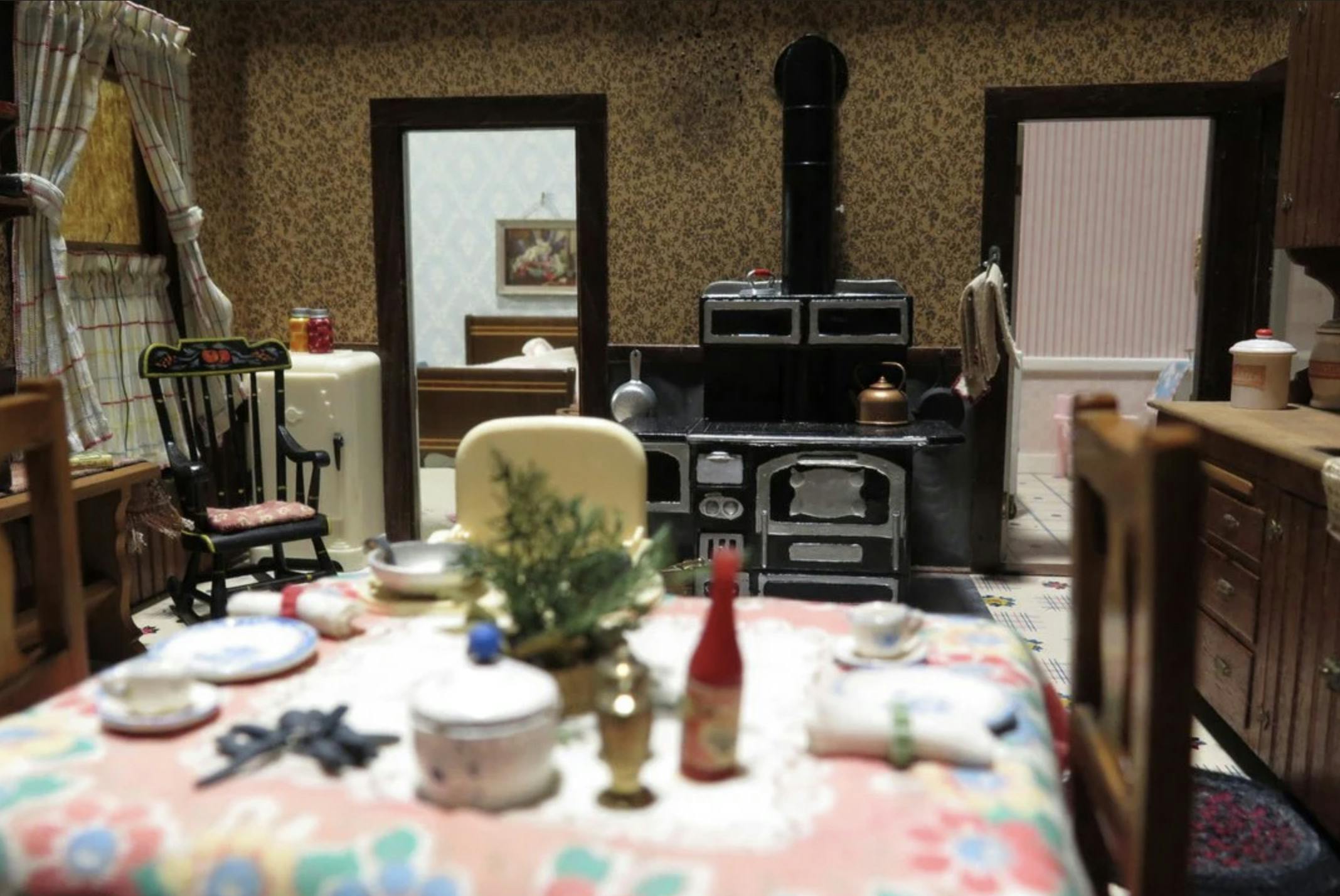
Guest Episode: Graveyard Cookies and Dollhouse Crimes
Gastropod is excited to present this guest episode—actually, two episodes—from the podcast Atlas Oscura: one all about the Spritz Cookie Gravestone and the other on the Nutshell Studies of Unexplained Deaths. Atlas Obscura is a daily celebration of the world’s most wondrous, unexpected, even strange places, from the largest organism on the planet to the world’s only museum dedicated entirely to microbes. Listen in now for a deliciously unexpected combination of recipes and graves, as well as to hear how a set of exquisite dollhouses in Baltimore, Md. shaped the field of criminal forensics.
Learn more about your ad choices. Visit podcastchoices.com/adchoices
34:1825/01/2022
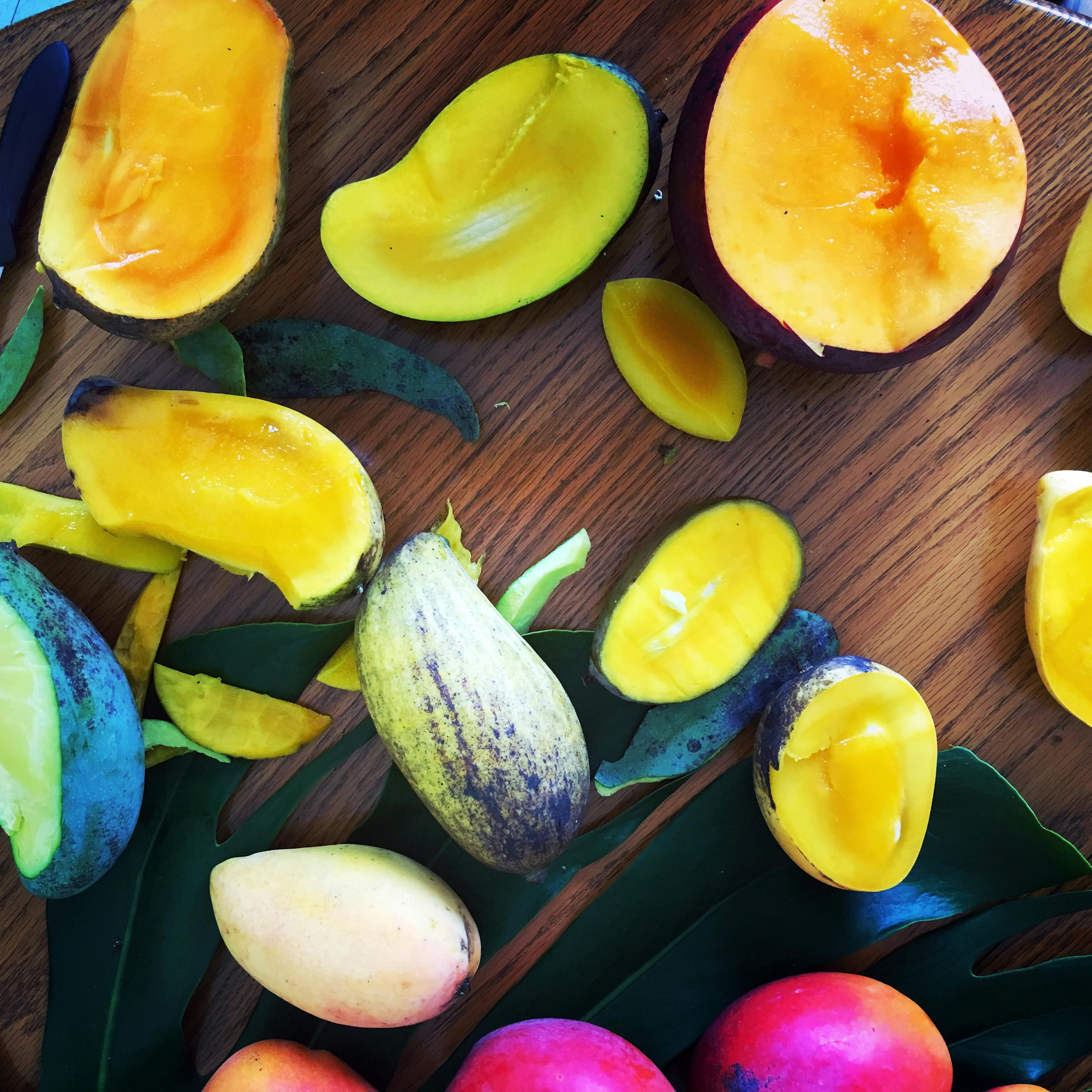
Mango Mania: How the American Mango Lost its Flavor—and How it Might Just Get it Back (encore)
Mangoes inspire passion, particularly in India, which is home to hundreds of varieties of the fruit. They are celebrated in Indian music, poetry, and art; they are mentioned in Hindu and Buddhist religious texts as well as the Kama Sutra; and Indian expats will even pay hundreds of dollars for a single, air-freighted box of their favorite variety. But while the average red-skinned mango in the American grocery store is certainly pretty, they're disappointingly bland and crunchy. This episode, we embark on a mango quest to discover how a mango should taste, why the American mango lost its flavor, and how it might just get it back. This is a story that involves a dentist from New Jersey, George W. Bush, and some Harley Davidsons, as well as a full-on mango orgy—so listen in!
Learn more about your ad choices. Visit podcastchoices.com/adchoices
41:1018/01/2022
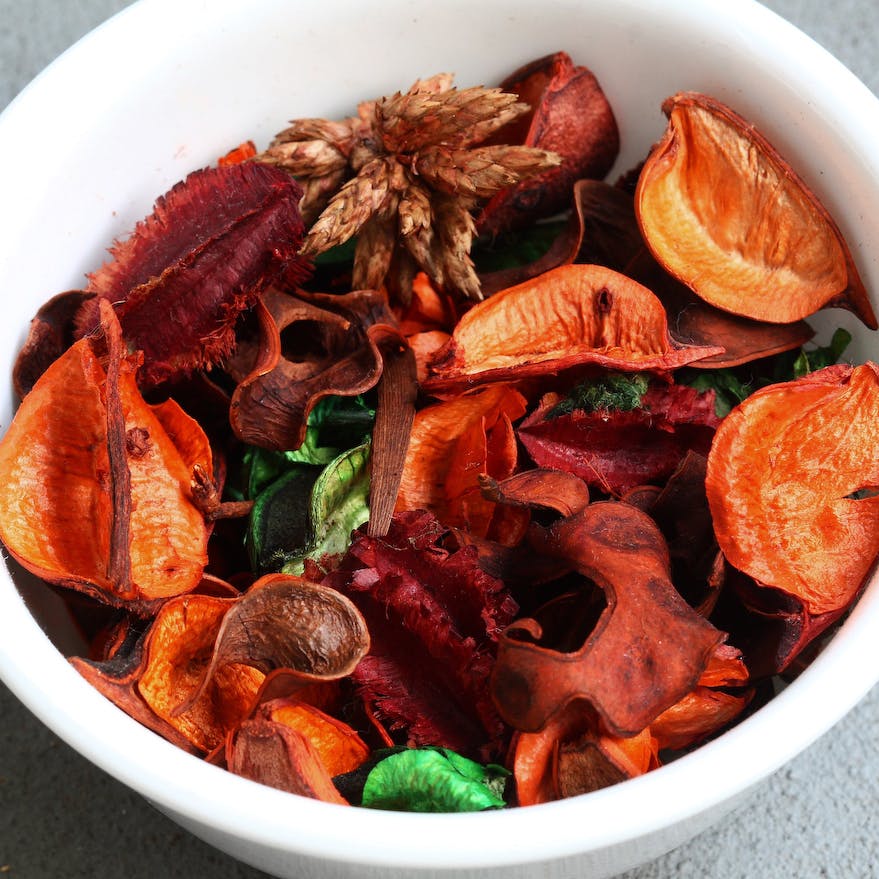
Guest Episode: Scents and Sensibility
Gastropod is excited to present this guest episode of Outside/In called Scents and Sensibility. Once upon a time, potpourri was a popular way to freshen up a space. Now, for some, it feels a bit like the lava lamp of fragrance: an outdated fad from a bygone decade. Why was potpourri so popular in the 1980’s, and what happened to it? Did the trend dry up, or just evolve? In this episode, Outside/In explores the transformation of potpourri, from the fermented mush of the Victorian era to the perfumed and colorful bag of pine cones of the eighties, and talks to a few of the people still making potpourri today.
Learn more about your ad choices. Visit podcastchoices.com/adchoices
44:3511/01/2022
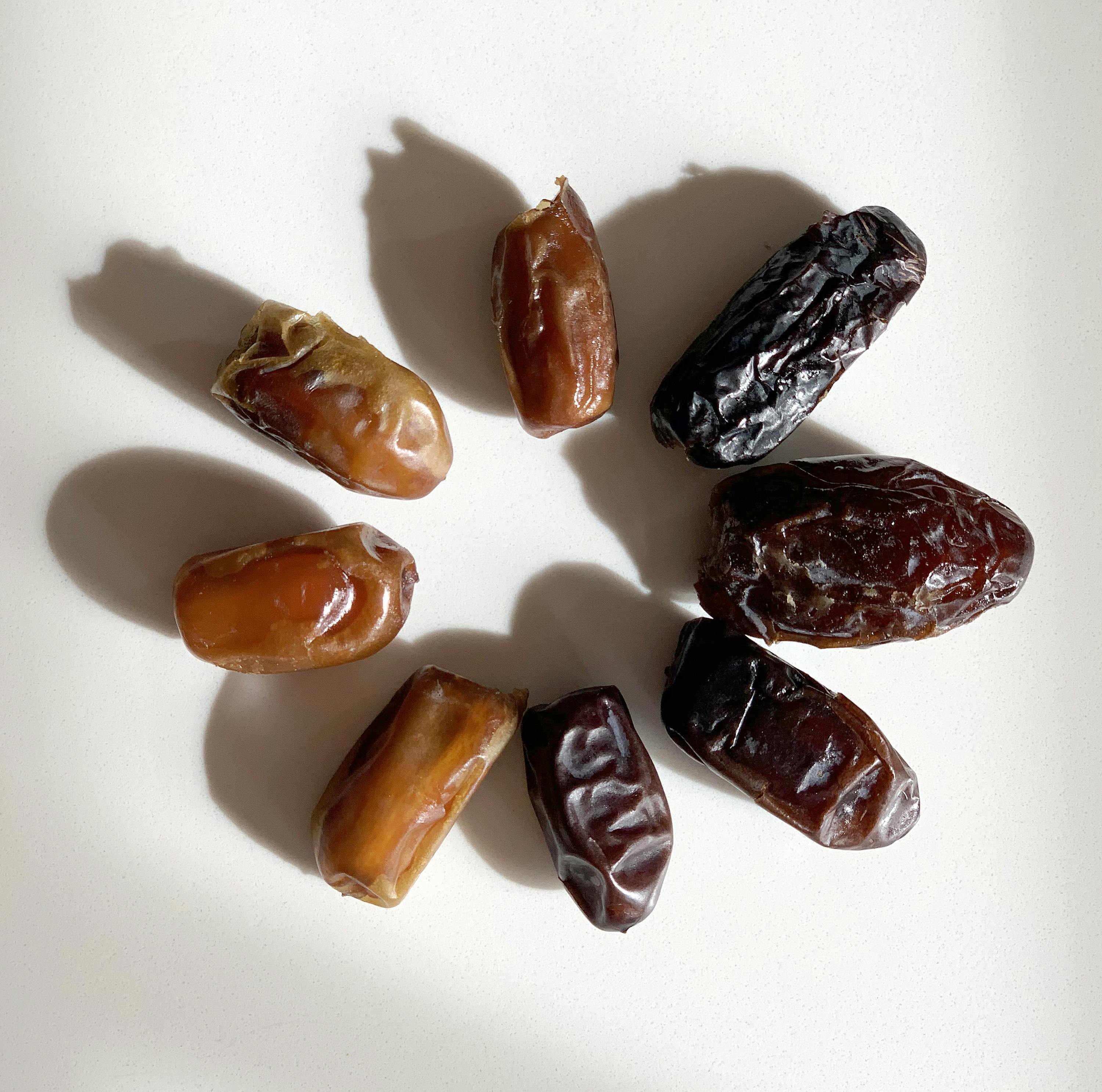
Your Mystery Date
Allow us to indulge our inner aunties: We’ve set you up on a really hot date this episode—with one of nature’s sweetest fruits, the date! Adored by pleasure-seekers and paleo dieters alike, dates are a Christmas baking standby, and the first bite when breaking fast during Ramadan. These fudgy, caramelly, brown-buttery fruits are so important in their Arab homelands that they're known as the "bread of the desert" and thought to be the tree of life in the Garden of Eden story. We reveal why this episode, plus we've also got the story of how a Native American couple in Nevada may have saved the Medjool date for the world, as well as how California built an Orientalist fantasy around its burgeoning date industry, complete with Wild East shows, hoochie-coochie dances, and camel races. All that, as well as the squidgy, soft, and oh-so-sweet dates you've been missing out on—and why you might want to play the field a little in future, at least when it comes to dates.
Learn more about your ad choices. Visit podcastchoices.com/adchoices
50:5921/12/2021
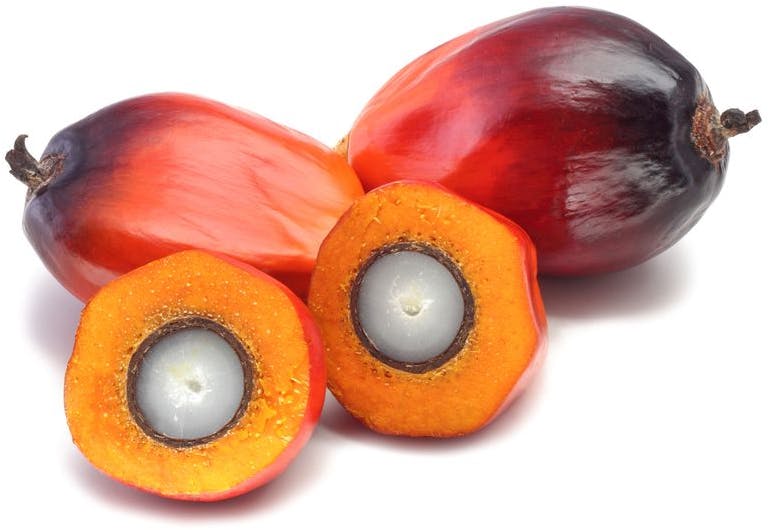
The Most Interesting Oil in the World
Here’s a little riddle for you: What’s all around you, but can’t be seen, smelled, or tasted? Hint: It’s in your Oreos, Nutella, instant noodles, dish soap, shampoo, lipstick, potato chips, pizza dough, packaged bread, chocolate bars, ice-cream, and biodiesel. The answer is ... palm oil, the hidden ingredient on just about every aisle of the grocery store. It's the most ubiquitous, most important, most interesting oil that most of us don't really know. But palm oil wasn’t always so big, or so anonymous—in its West African homeland, it’s a fragrant red oil traditionally used in cooking and ceremonies. So how did palm oil go global? What does it have to do with the European colonization of Africa, soap for grimy factory workers, Girl Scout cookies, and Alfred Nobel of Nobel Prize-fame? How has growing demand for all things palm oil driven deforestation and peat fires in Southeast Asia—and what can we do if we want to rethink our destructive palm oil addiction?
Learn more about your ad choices. Visit podcastchoices.com/adchoices
50:4207/12/2021
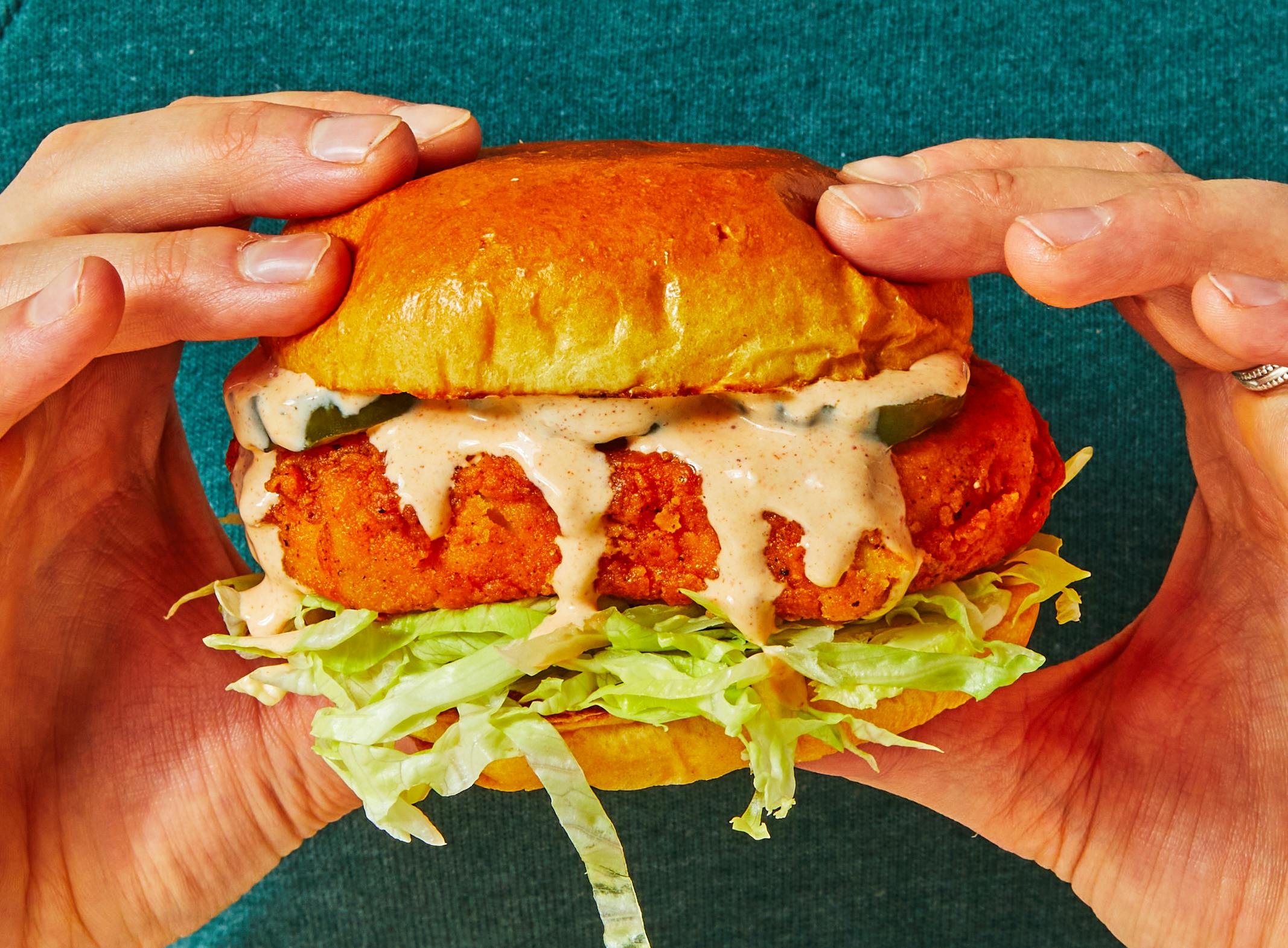
Are Plant- and Fungus-Based Meats Really Better than the Real Thing?
Move over, beef: there’s a new burger in town. Plant-based meats are sizzling hot right now; in 2020 alone, the alternative meat industry saw a record $3.1 billion in investment, with 112 new plant-based brands launching in supermarkets. These juicy, savory, chewy fake burgers are a far cry from the dry, weird-tasting veggie patties of the past. This episode, we visit the Impossible Foods labs to swig some of the animal-free molecule that makes their meatless meat bleed, try fungal food start-up Meati's prototype "chicken" cutlet, and speak to the scientists and historians who can help us compare these new fake meats to their predecessors—and to real meat! Can a plant-based sausage roll be considered kosher or halal? Are plant-based meats actually better for you and for the environment? And how might a mysterious protein-powerhouse fungus named Rosita help feed the world?
Learn more about your ad choices. Visit podcastchoices.com/adchoices
55:5524/11/2021

Guest Episode: The Doorbell by Nice Try!
This week we're bringing you an episode from Nice Try! Nice Try’s second season, Interior, is all about the lifestyle products that have been sold to us over and over, and the promises of self improvement they have made, kept, and broken. Their foray into the private utopia of the home starts with the doorbell.
Learn more about your ad choices. Visit podcastchoices.com/adchoices
46:3917/11/2021
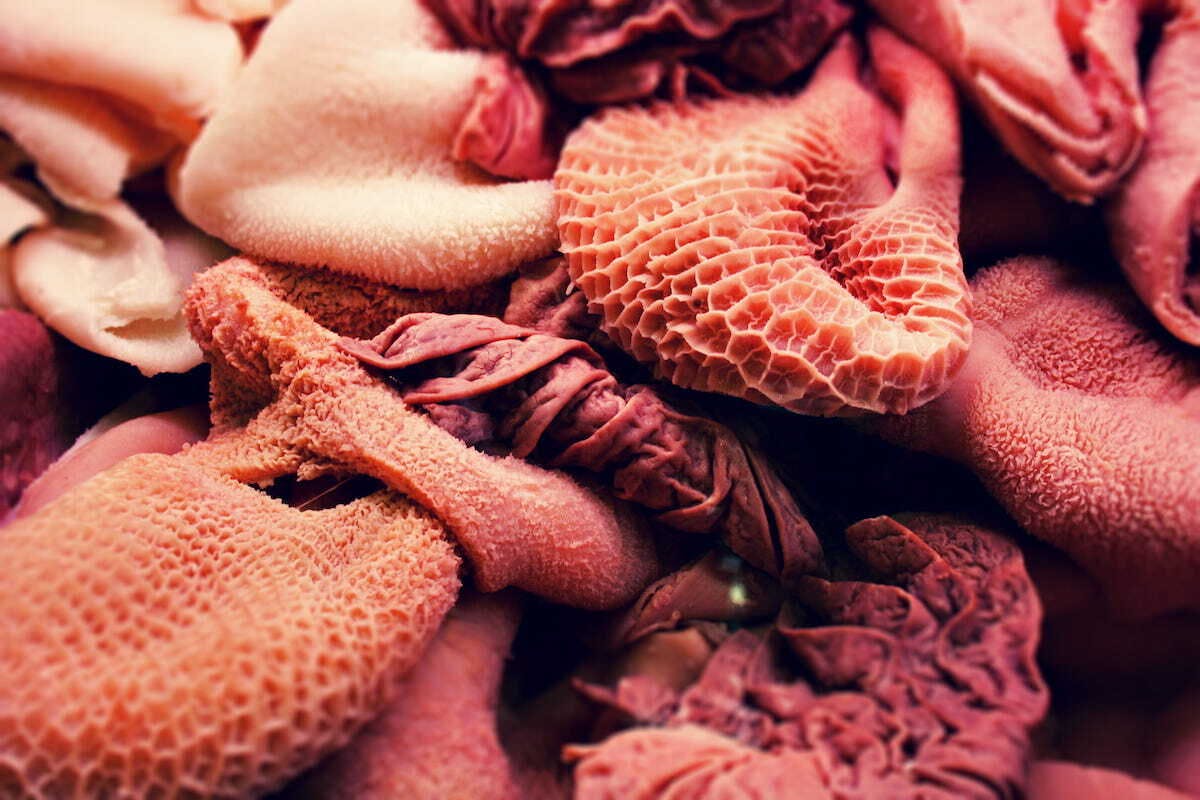
Balls *and* Brains: The Science and History of Offal
It’s pretty rare to find organ meat on the dinner table in most American households today, but 90 years ago, the earliest editions of The Joy of Cooking contained dozens of recipes for liver, sweetbreads, and even testicles. For much of history, offal (as organ meat is called) was considered the best part of the animal—so what happened? Why are brains banned in the UK and lungs illegal to sell in the US, and why are Scottish haggis-makers up in arms about it? And the question we’re sure you’ve all been pondering: What do testicles taste like?
With the help of Jonathan Reisman, author of the new book The Unseen Body: A Doctor's Journey Through the Hidden Wonders of the Human Anatomy, we explore how the vital functions of various animal organs affect their flavor and taste. Jon’s wife, Anna Wexler, also an academic and a writer, joins us to impart the wisdom she’s gained from years as a judge at the World Testicle Cooking Championship (aka Test Fest). We learn about the culinary history of offal from cookbook author Jennifer McLagan, and butcher Sam Garwin comes over to help us prepare up a massive organ meat feast: a Norwegian heart and lung pate (yes, we scored some lung!); a Georgian testicle stew; rabbit, chicken, and beef liver and onions; and breaded, fried lamb brains. Listen to find out which one we liked best, and which ones were just plain offal! (Sorry, we couldn’t resist.)
Learn more about your ad choices. Visit podcastchoices.com/adchoices
51:1209/11/2021
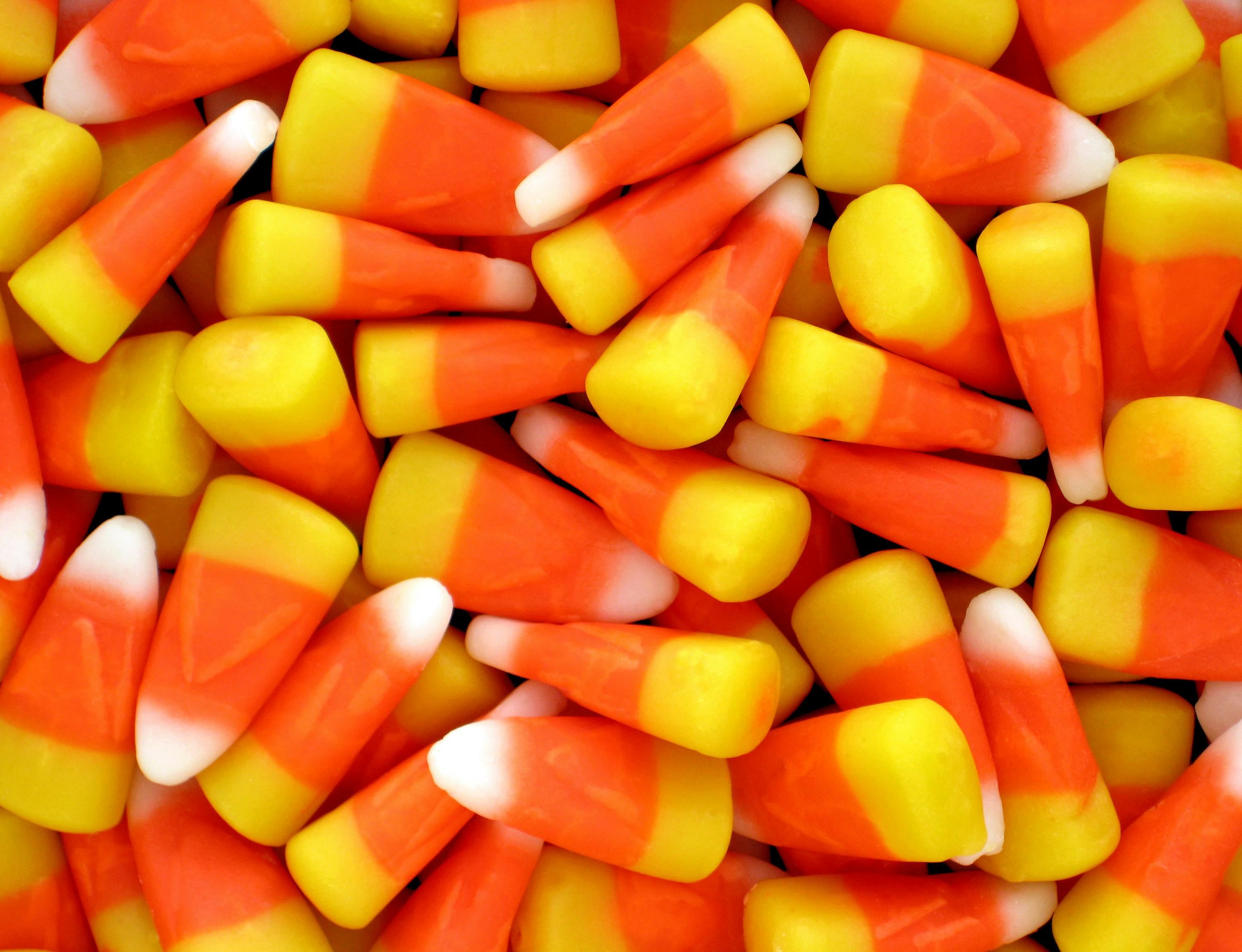
Trick or Treat: Soul Cakes, Candy Corn, and Sugar Skulls Galore!
If you live in the U.S., chances are, your first hint of fall isn’t a russet-colored leaf landing on the sidewalk—it’s the orange-wrappered candies taking over the aisles of your local grocery and convenience stores. Forget decorative gourds: it’s officially Halloween candy season! But how did a 2,000-year-old Celtic festival marking the sun's death and the beginning of winter morph into a family-friendly sugar-fest? With the help of Heather Cox Richardson and Joanne Freeman, historians and hosts of the Vox Media Podcast Network show Now & Then, we explore the surprisingly recent introduction of trick-or-treating, and the all-American invention of Halloween as the ultimate candy-permissive, religion-free Frankenholiday. Plus, why do so many cultures around the world celebrate deathy things at this time of year—and why do so many of them involve sugar? All this, plus a rigorous candy corn tasting bravely undertaken by your indefatigable hosts!
Learn more about your ad choices. Visit podcastchoices.com/adchoices
51:5426/10/2021
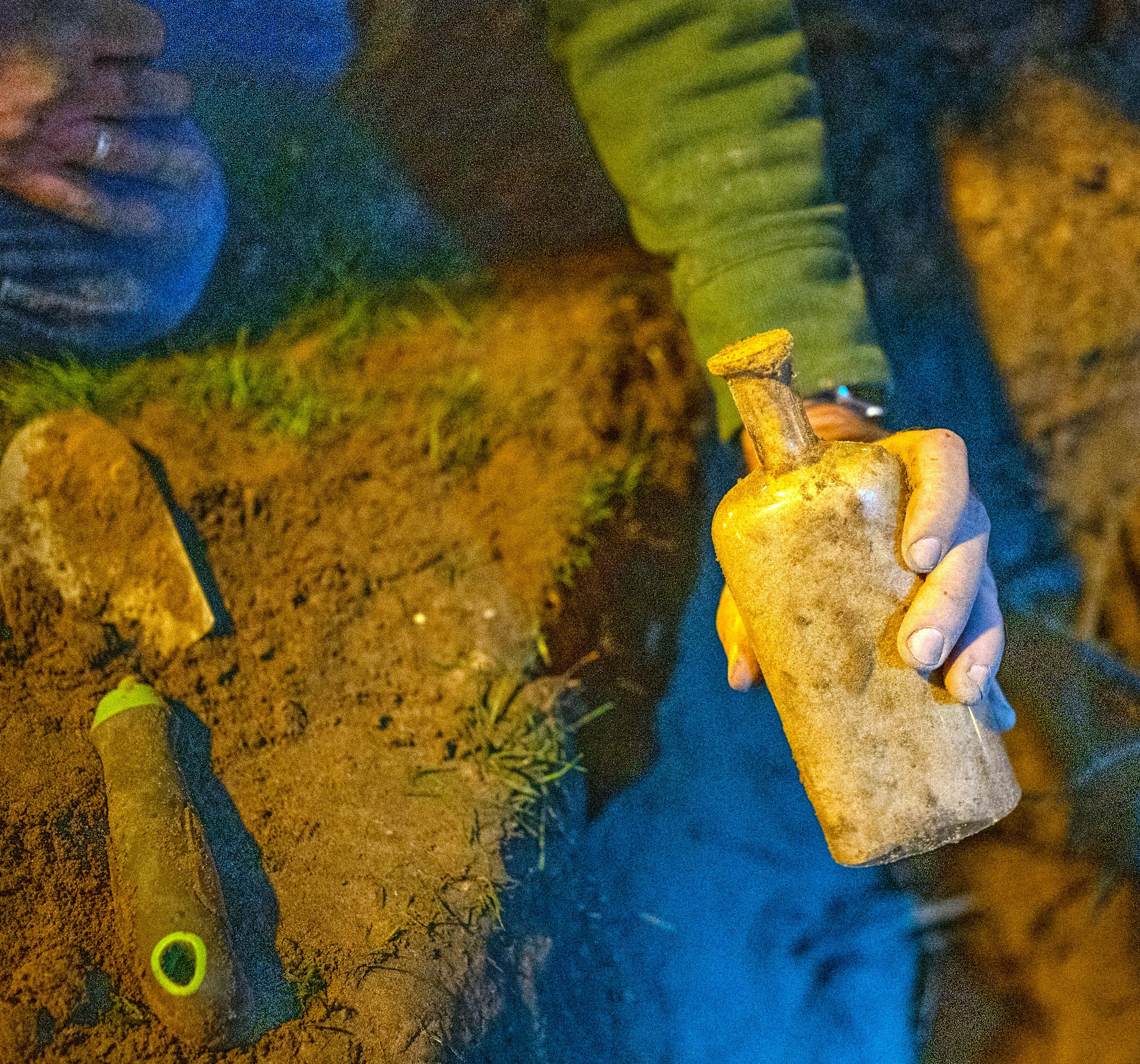
Buried Treasure: Weeds, Seeds, and Zombies
If you’ve ever engaged in mortal combat with a patch of ragweed, dandelion, or crabgrass in your garden, you might understand the twin emotions of rage and begrudging admiration when it comes to weeds: They. Just. Won’t. Die. When it comes to commercial agriculture, weeds pose a more existential threat—globally, the proportion of our harvest that is lost to weed infiltration is enough to feed millions, and, even with advanced herbicides, weeds cost farmers in North America an estimated $33 billion in lost yield each year. No matter what we throw at them, weeds just seem to get stronger. This episode, we follow a group of scientists along on a 149-year-old quest to see just how long weeds can survive—and, along the way, figure out what we can learn from weeds, what we really ought to thank them for, and what is a weed, anyhow? Listen in now for zombie seeds, a midnight treasure hunt, and the wild ways that weeds have outwitted us for millennia.
Learn more about your ad choices. Visit podcastchoices.com/adchoices
49:3611/10/2021
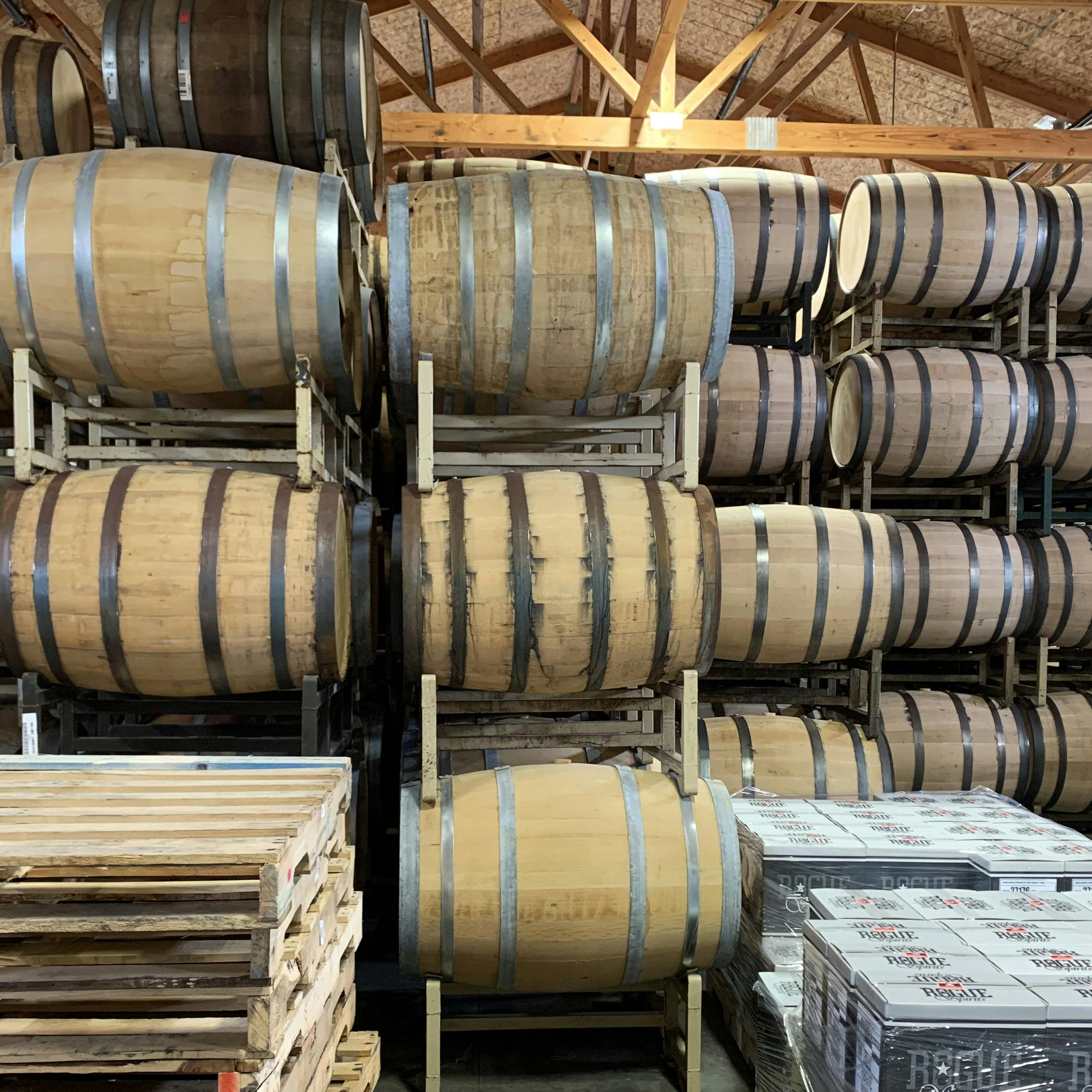
The Barrel That Could Save A Forest
Bourbon has to be aged in barrels, by law; whiskey usually spends years in barrels, by custom; and between 20-30 percent of wine spends some time in one. And almost all of those wooden vessels are made from just two kinds of tree: American white oak and French oak. This episode, we tell the story—and try the whiskey—of the distiller and the barrel-maker who, together, are figuring out how to use the huge, elegant, native oak of the Pacific Northwest to create new flavor, and, in the process, restore an ecosystem that has nearly vanished. Along the way, we figure out the science behind how a barrel affects the taste of what you sip, and we trace the trajectory of barrels from their pinnacle, as the go-to container for everything from fish to petroleum, to their current niche status. Finally, we explore why oak became the default wood for barrel-making—and meet the coopers experimenting with different woods, and an entirely new flavor universe for booze.
Learn more about your ad choices. Visit podcastchoices.com/adchoices
51:0128/09/2021
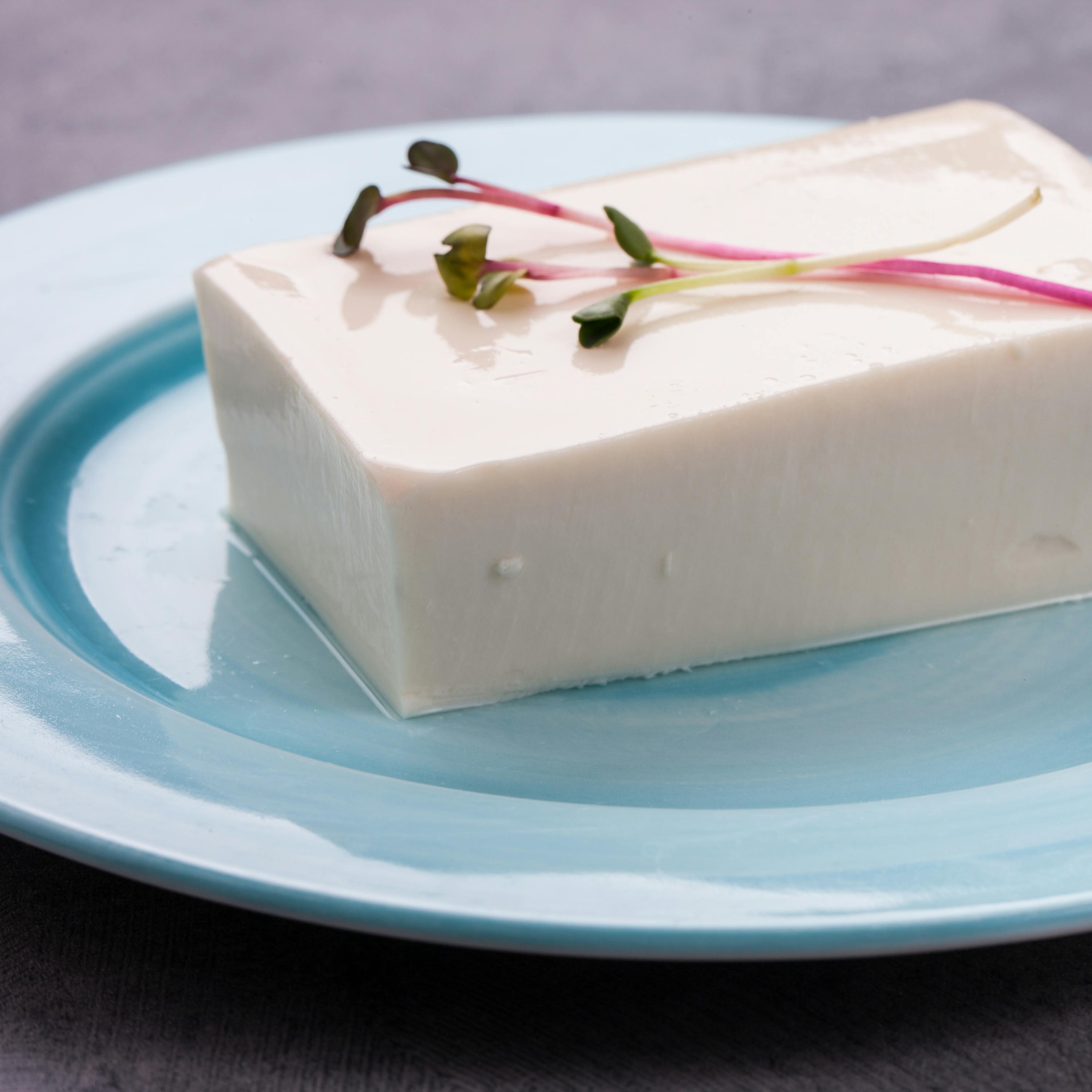
Tofu for You: Meet the Cult Leader, the Spy, and the Pioneering Woman Chinese Doctor Who Brought Tofu to the West
For a lot of Americans, tofu conjures up images of bland, squishy cubes: a sorry alternative to meat. Even in Asia, where tofu was born, the soybean was initially seen as unappetizing, not to mention flatulence inducing. This episode, we tell the story of how people in what's now northeastern China figured out how to turn this legume of last resort into an array of nutritious, delicious foods, from slippery beancurd skins to silken puddings, and chewy soy crumbles to funky, fermented hairy tofu. Then we introduce the parade of unlikely figures—including Ben Franklin and a 1970s acid casualty who believed he could communicate telepathically with animals—who finally brought this "soybean cheese" to the Western masses. And, finally, we meet the twenty-first century immigrant entrepreneur trying to rebrand tofu from virtuous but boring into something much more delicious and desirable. Listen in now for all that plus Camembert tofu, anarchist zines, and the curious origins of that Thanksgiving favorite, Tofurkey.
Learn more about your ad choices. Visit podcastchoices.com/adchoices
51:1314/09/2021

The Great Gastropod Pudding Off (encore)
Four bakers, one evening, and one challenge: Who can steam the best spotted dick? On this week’s action-packed episode, Tom Gilliford, Selasi Gbormittah, and Yan Tsou of Great British Bake-Off fame, along with honorary Gastropod member (and Cynthia’s partner) Tim Buntel, compete to see who can master this most classic of British puddings for the first-ever Great Gastropod Pudding Off! But what in the world is spotted dick? “It’s got nostalgia, mystery, horror, and comedy—it’s a perfect British dish,” explained British food designer and jellymonger Sam Bompas, who joined us to judge the competition. Listen in as Tom tries to beat his rival Selasi, Yan revives the flavor combination that robbed her of a Bake Off victory, and Tim tests out his Yankee-style pudding on the Brits. While the four bakers duke it out in the kitchen, we dive into the history and science of British pudding to find out what makes a pudding a pudding, the secret ingredient that will give your pud a lovely light texture, and why anyone would name a dessert “spotted dick.”
Learn more about your ad choices. Visit podcastchoices.com/adchoices
57:1130/08/2021
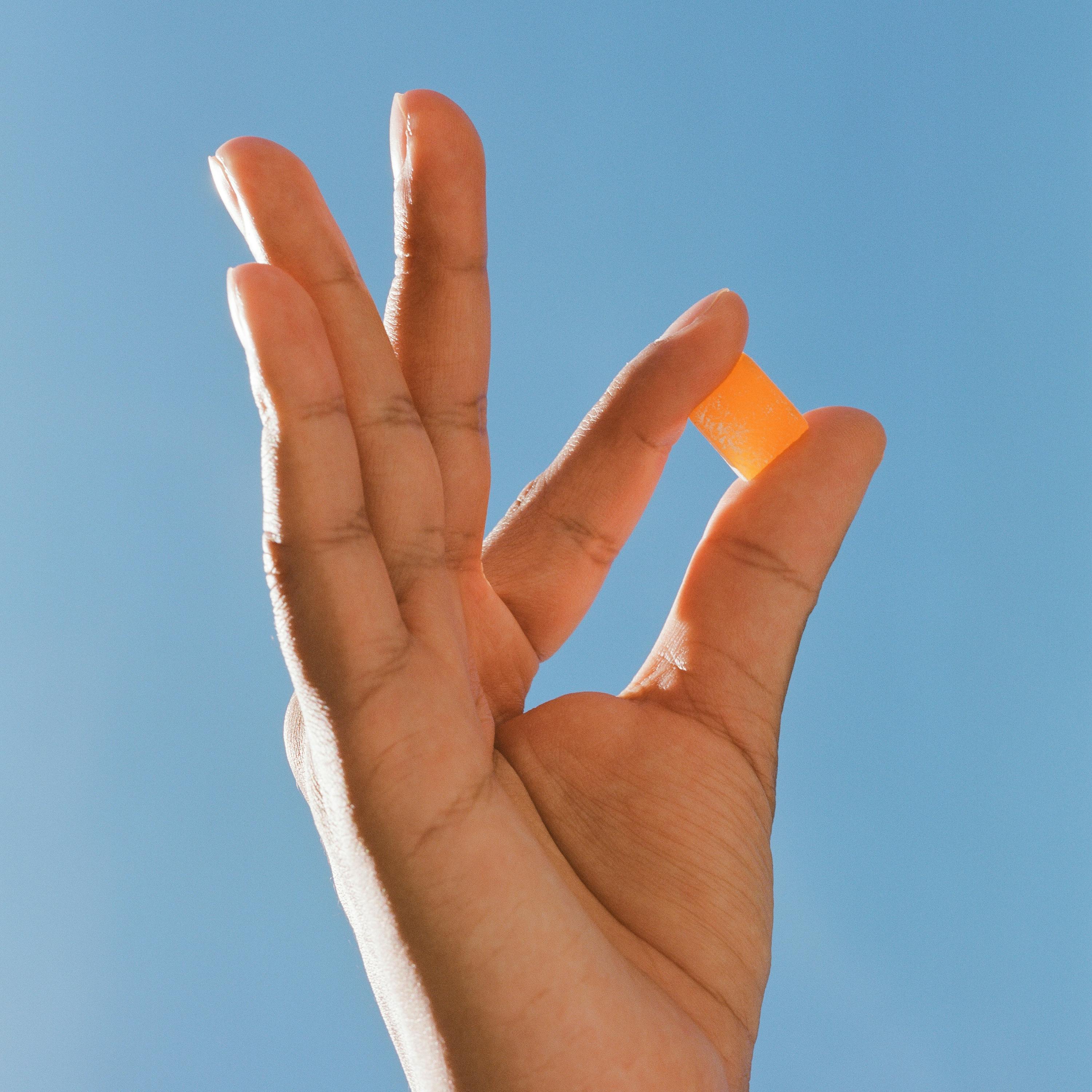
It's All Going to Pot: the Science and Economics of Edibles
If you thought it was high time for us to get into the weeds with cannabis science and economics, then you’re in the right place: Welcome back to part two of our miniseries on cannabis edibles! This episode, we meet with leading cannabis researcher Adie Rae to figure out the biology behind the difference between inhaling and eating weed, as well as what we do and don't know about the potential health benefits and harms of cannabis. Can THC help you sleep? Is all this trendy CBD-infused everything on supermarket shelves actually doing anything? All that, plus we get into the surprising challenges facing a business that is still federally illegal, and talk to the entrepreneurs, farmers, and lawyers who are helping craft policy to make sure this new green gold rush benefits the communities most harmed by cannabis prohibition. And, of course, there's the biggest question of all: Will Cynthia get high for the first time ever? Listen in to find out!
Learn more about your ad choices. Visit podcastchoices.com/adchoices
01:01:5917/08/2021
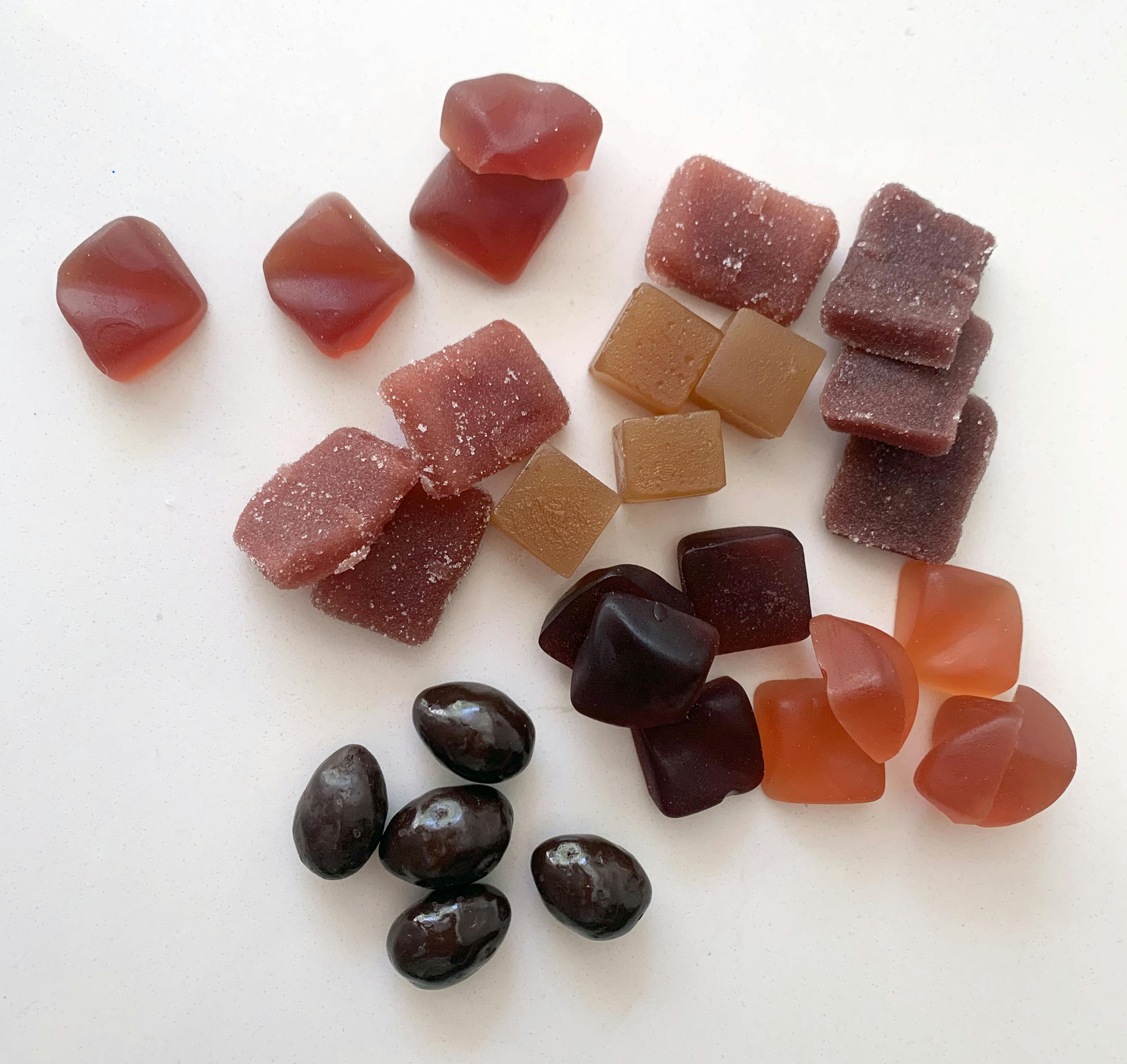
Baked: How Pot Brownies and Pate de Fruits Fueled an Edible Cannabis Revolution
Edible cannabis products are hot right now: Snoop's got some, Willie Nelson's got some—even Martha Stewart's making fancy French-style gummies. In states where it’s legal, you can buy everything from marshmallows to macarons, all laden with THC, the psychoactive compound in cannabis. This commercial boom may be recent, but the history of edibles goes way, way back to the origins of the plant thousands of years ago in the Himalayas—in fact, people were eating (and drinking) cannabis long before they were inhaling it. So when did cannabis start being smoked instead—and how did it find itself not only banned, but classified as more dangerous than both opium and meth? With the help of the woman whose family ran America's first edibles empire, we also discover why the pot brownie is America’s quintessential edible, and how this humble, slightly mulchy baked good helped make weed legal again. Plus: How today's cannabis chefs are upping the ante and taking weed recipes to new—ahem—highs (please allow us just this one pun).
Learn more about your ad choices. Visit podcastchoices.com/adchoices
56:5303/08/2021

The Bottle vs. Tap Battle Finale: Alkaline H2O, Lead Pipes, and, Yes, Water Sommeliers
As promised, it's time for the final splashdown in the battle of bottled vs. tap water. When we left off last episode, bottled water had staged a miraculous comeback thanks to Nike, yuppies, and Orson Welles. Today, it's America's favorite liquid refreshment: we buy more bottled water by volume than any other packaged beverage, even though you can get its less glamorous cousin, tap, delivered directly to your home for mere pennies. So, is bottled water somehow better than tap? Is it safer, or even just nicer tasting? This episode, we dive into the science behind the taste of water (spoiler: it has to do with spit) and explore the fine art of bottled water appreciation, before sharing the secret to making your own DIY Pellegrino. Meanwhile, we've all heard the water horror story unfolding in Flint, Michigan: should we be worried about lead or other chemicals in our tap water—or in the bottles on grocery store shelves? All that, plus our very own water taste test, as we declare the ultimate victor in this war of the waters.
Learn more about your ad choices. Visit podcastchoices.com/adchoices
49:0520/07/2021

Bottled Vs. Tap: The Battle to Quench Our Thirst
Today, bottled water is ubiquitous and cheap: every single second of every single day, more than a thousand people buy and drink a plastic bottle of water in the U.S.. But it wasn’t always so. In this episode, we trace a centuries-old power struggle as bottled water went from hip to lame to hot again. Why did doctors prescribe the waters from specific springs for everything from hemorrhoids to hypochondria, and how did whaling ships and a golf course help kick off the first bottled water frenzy in America? How did a swimming pool chemical help tap water fight back, and what did Nike, yuppies, and Orson Welles have to do with bottled water's reincarnation from the dead? And what's up with all these oxygen- or electrolyte-enhanced, alkaline, and even magical waters on supermarket shelves today? Listen in now for the first in our two-part deep dive into this battle of the ages: bottled vs. tap. We'll be back in a week with part two, including the science behind the taste of water, the specialist sommeliers who pair water and food, and the secret to making DIY Pellegrino at home.
Learn more about your ad choices. Visit podcastchoices.com/adchoices
47:3606/07/2021





